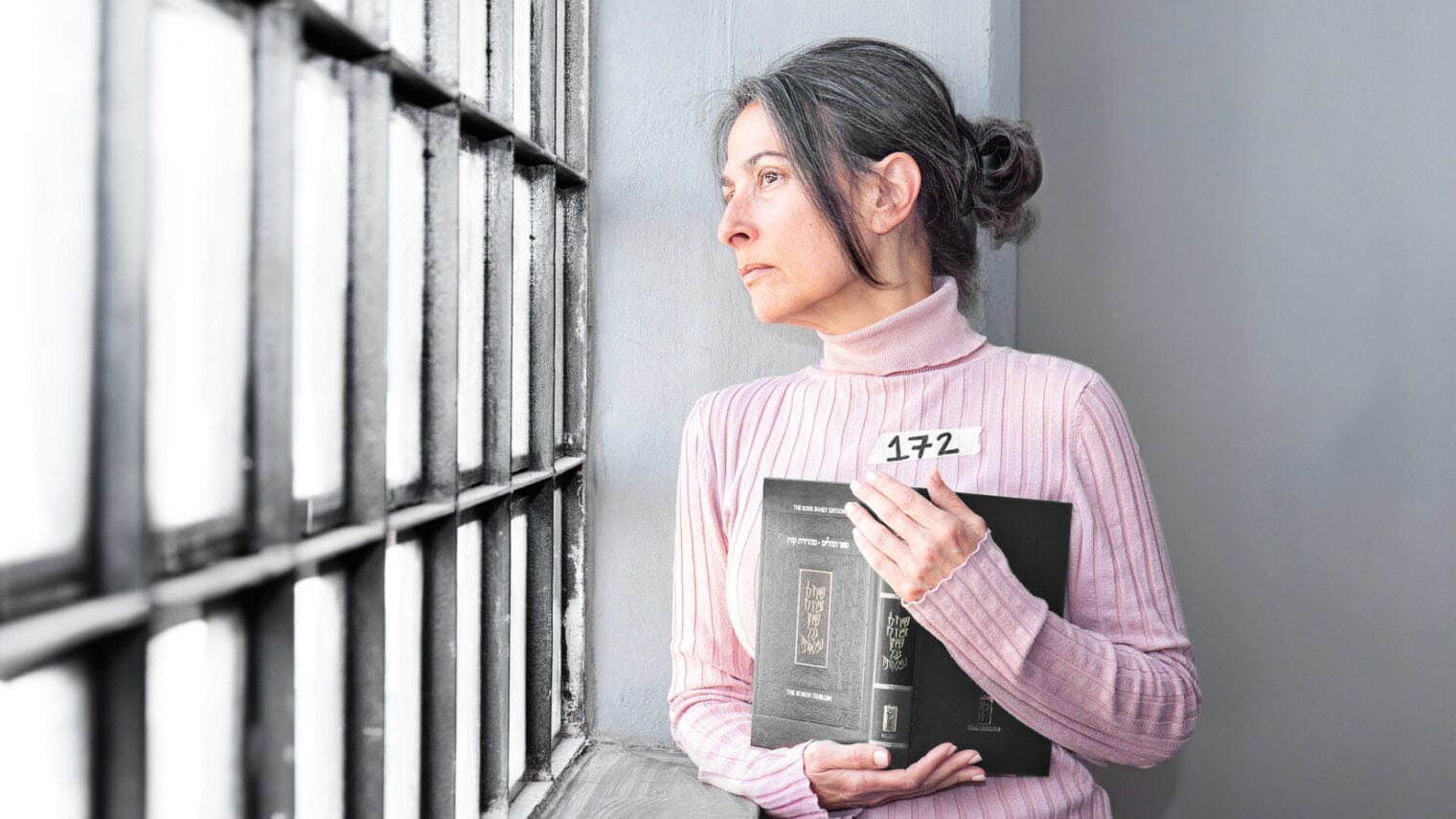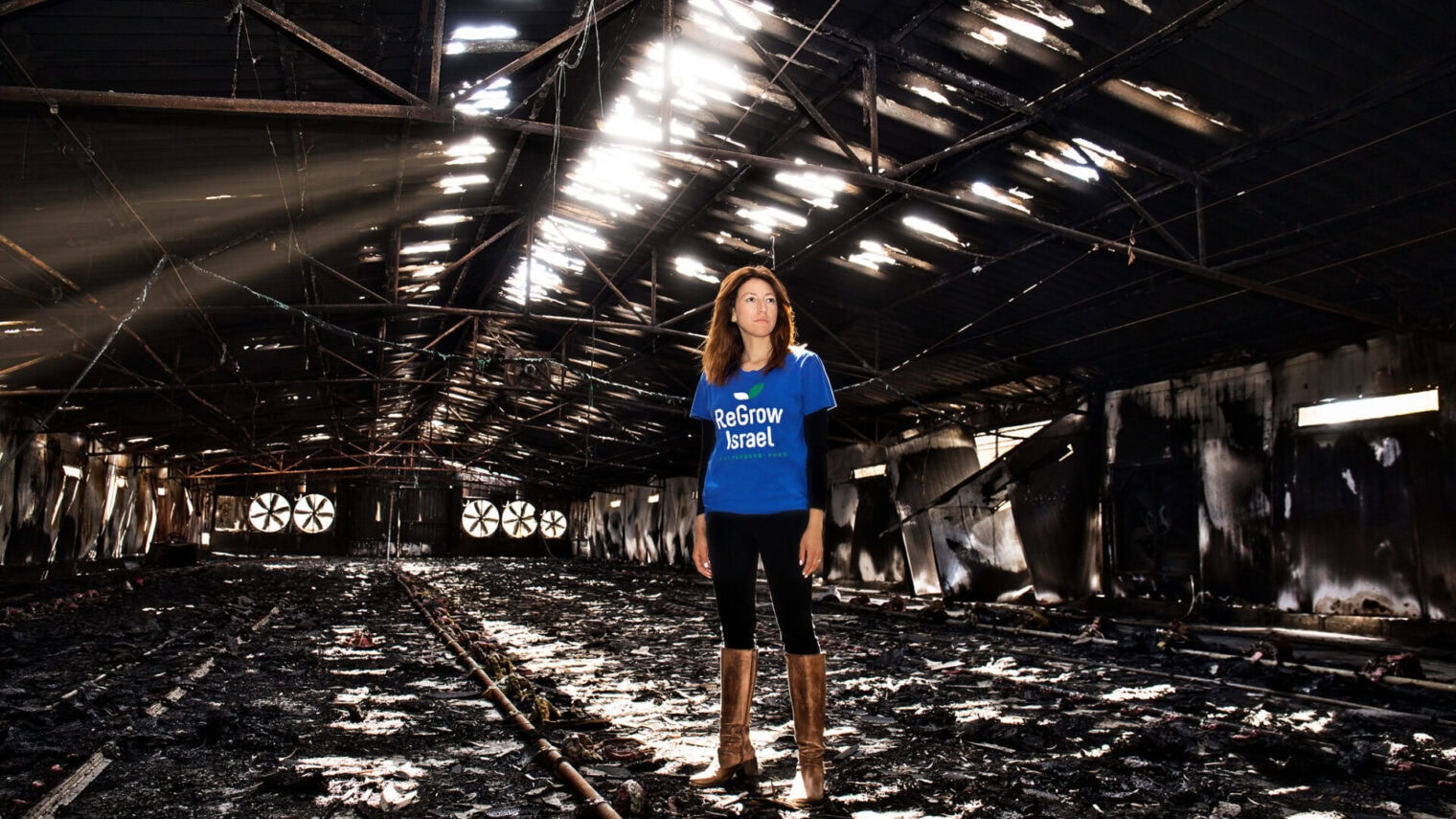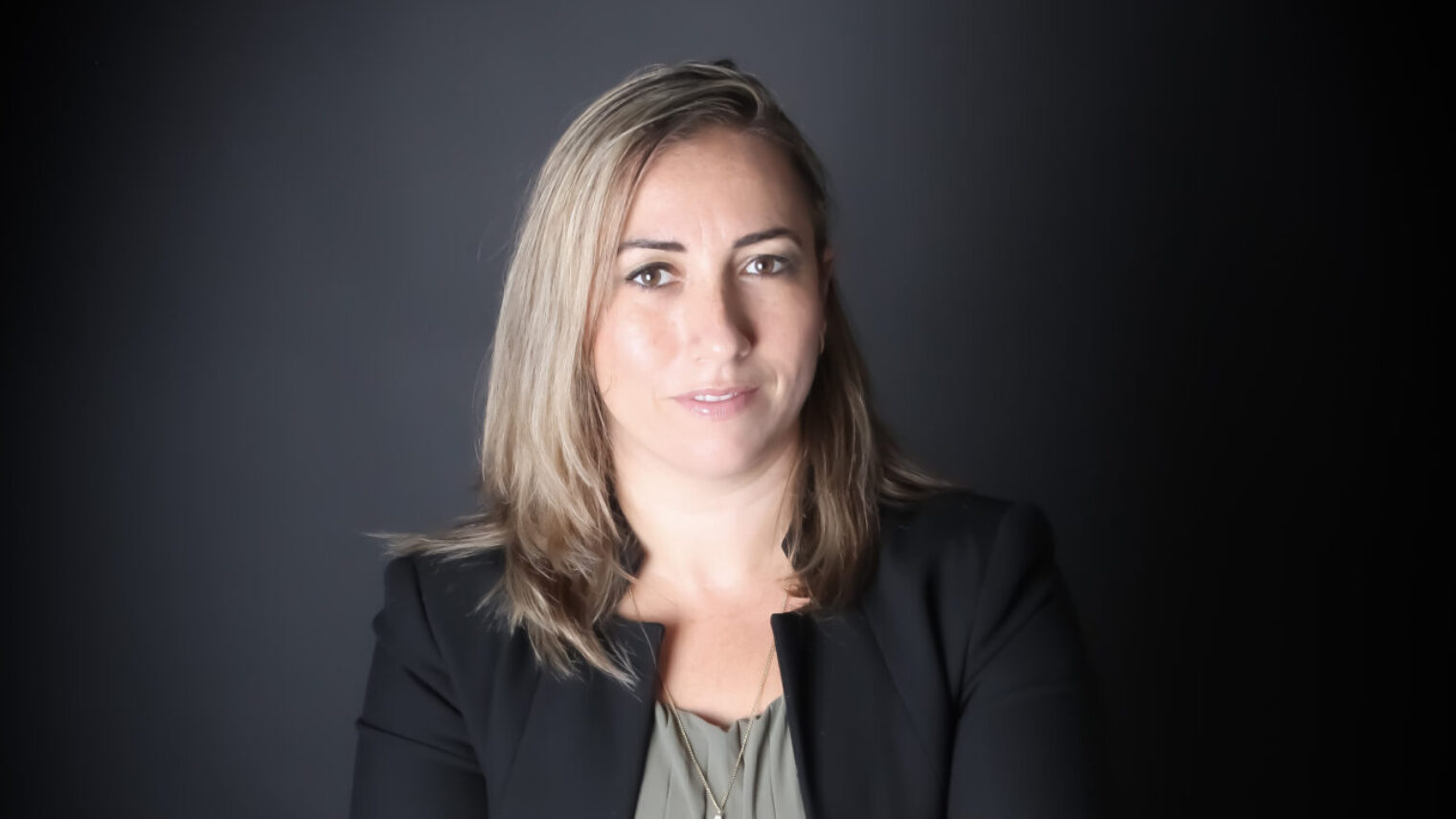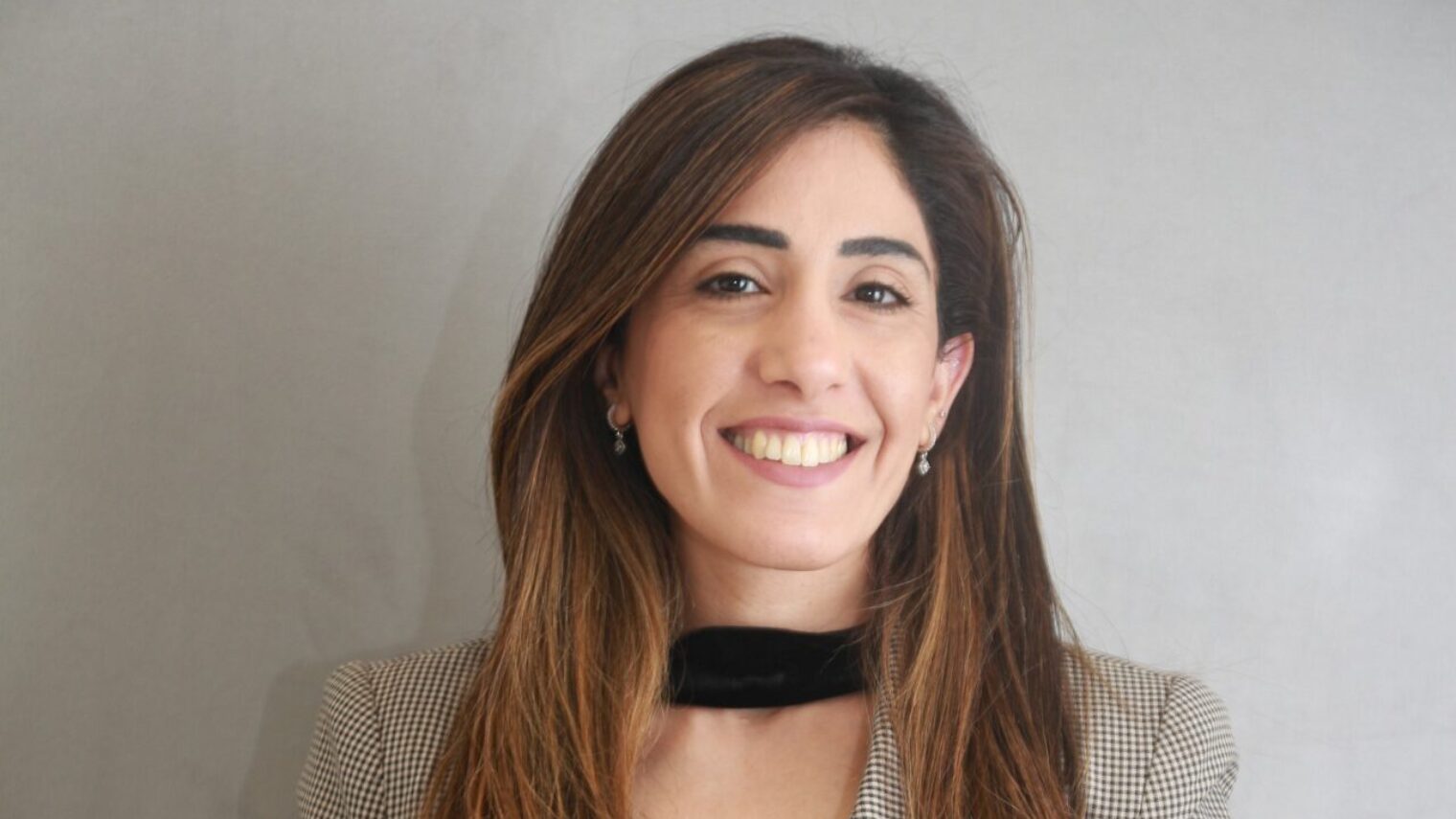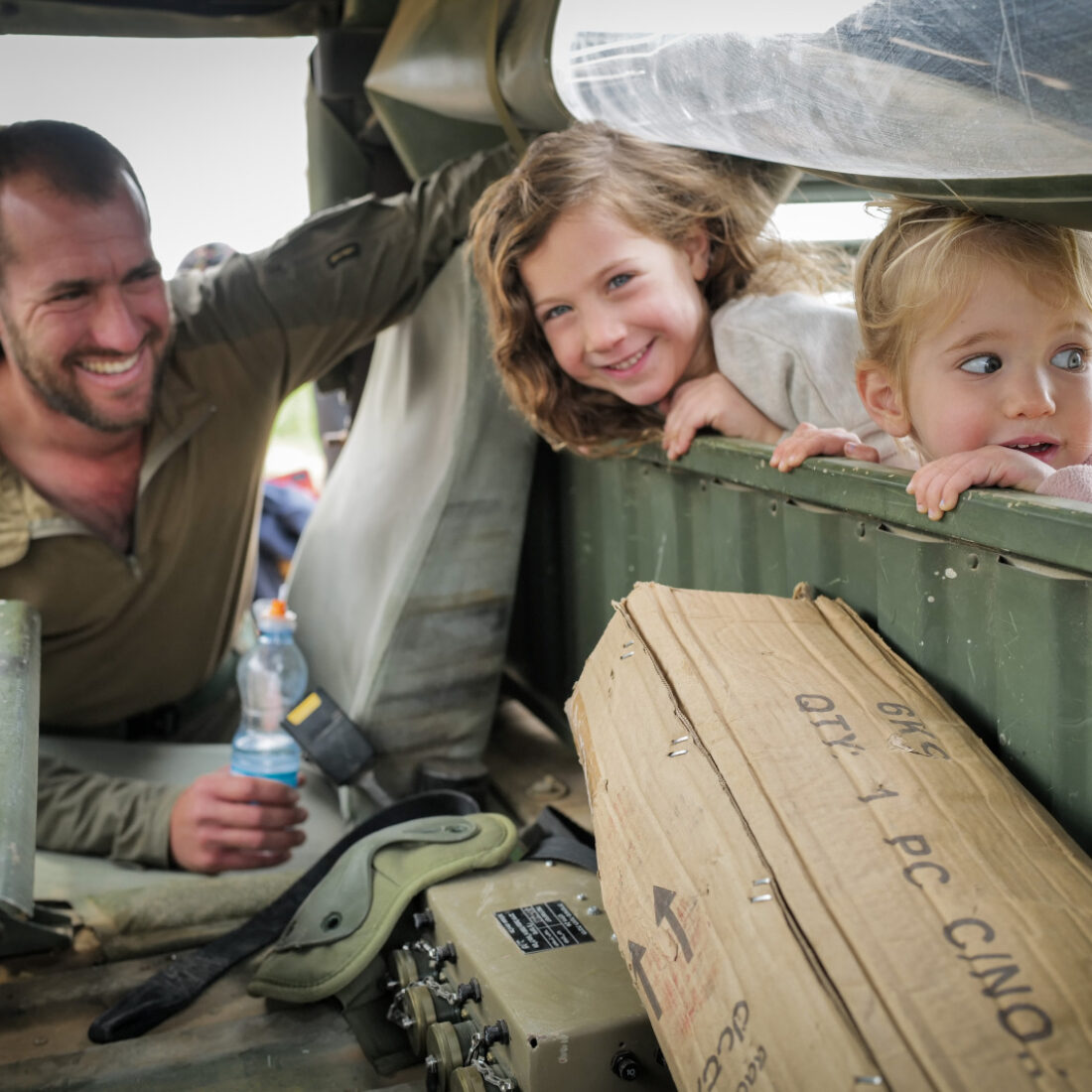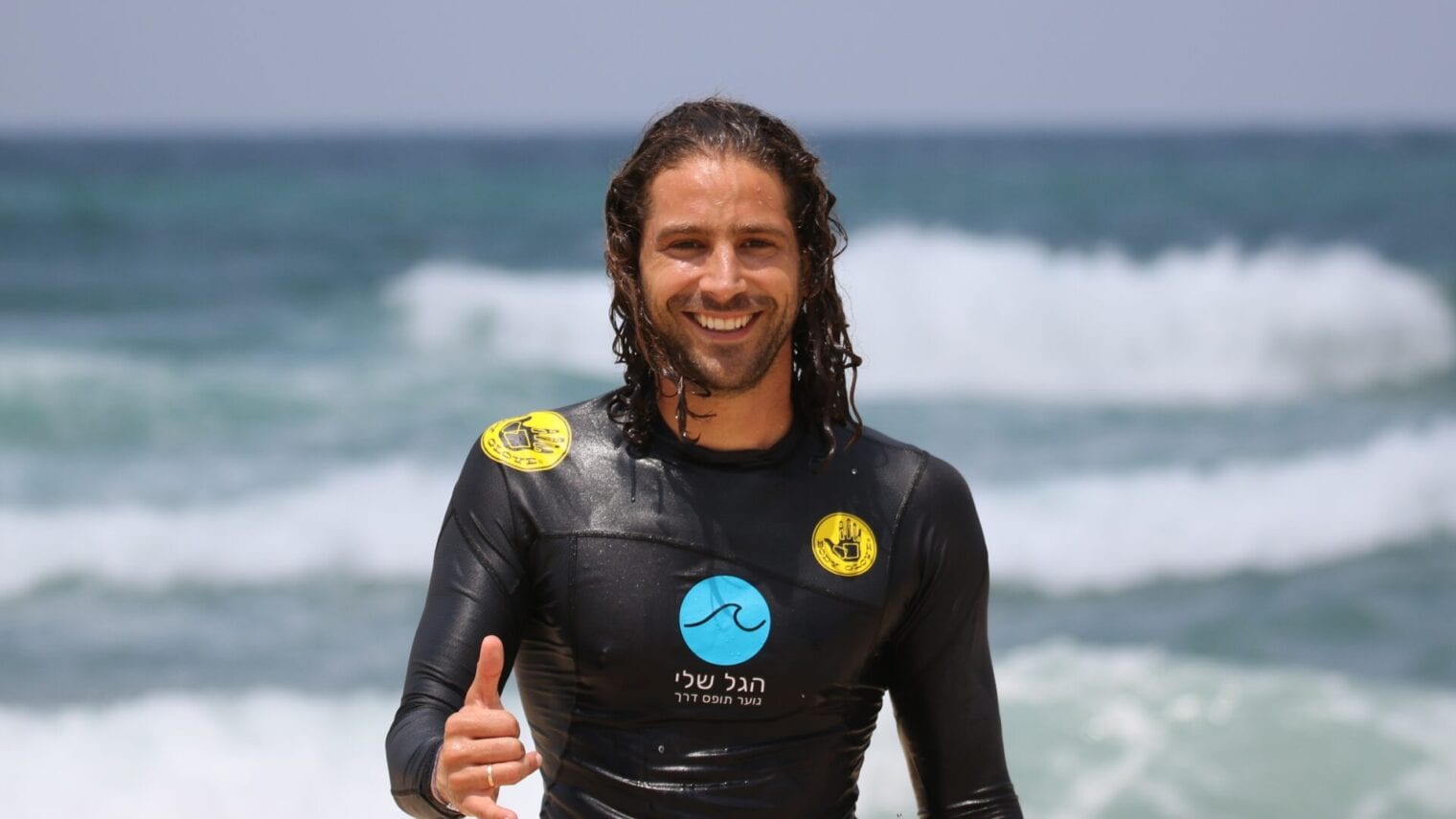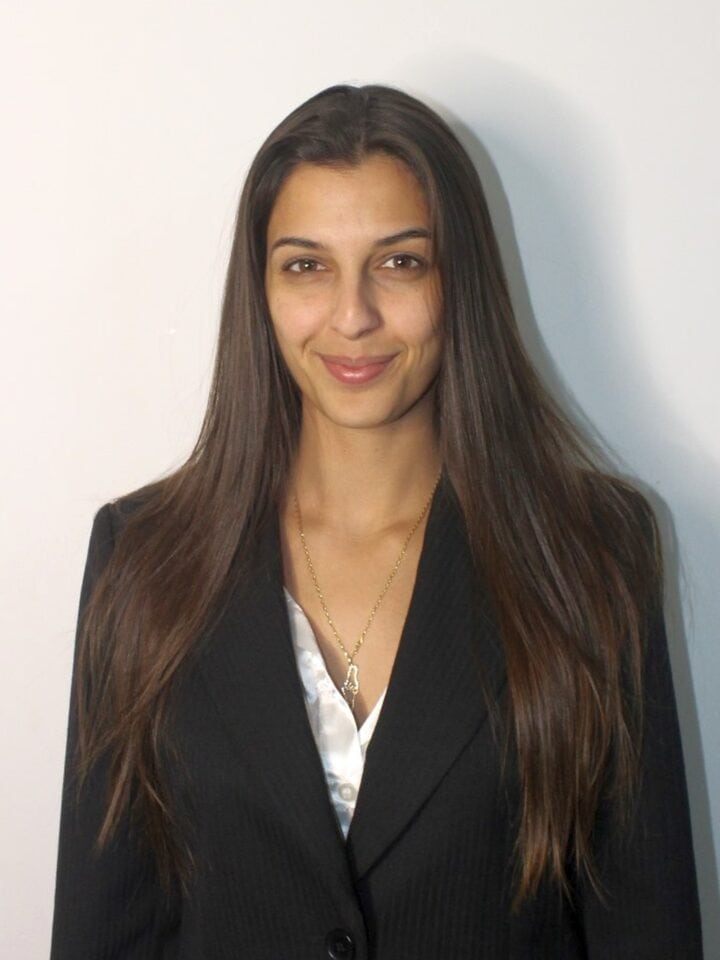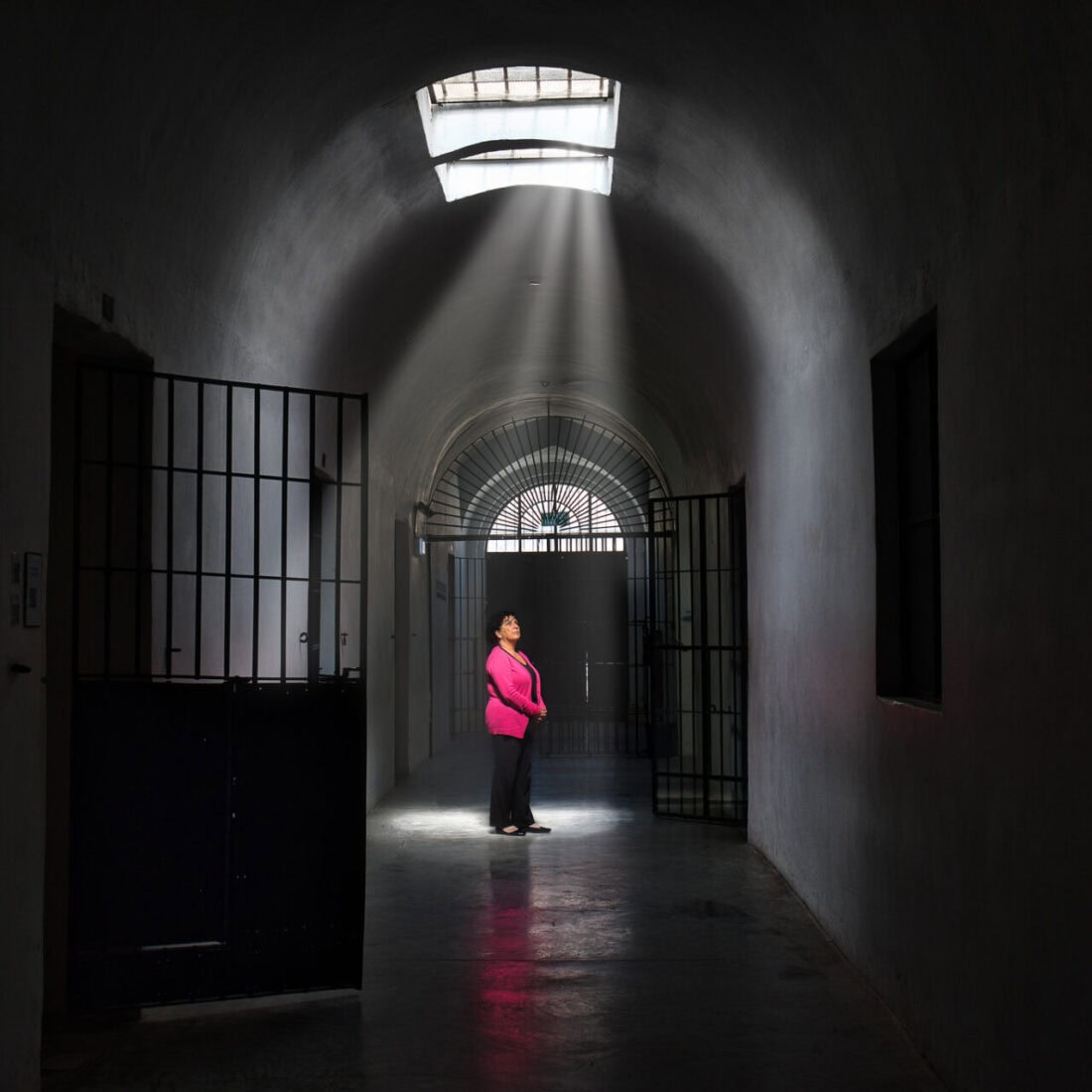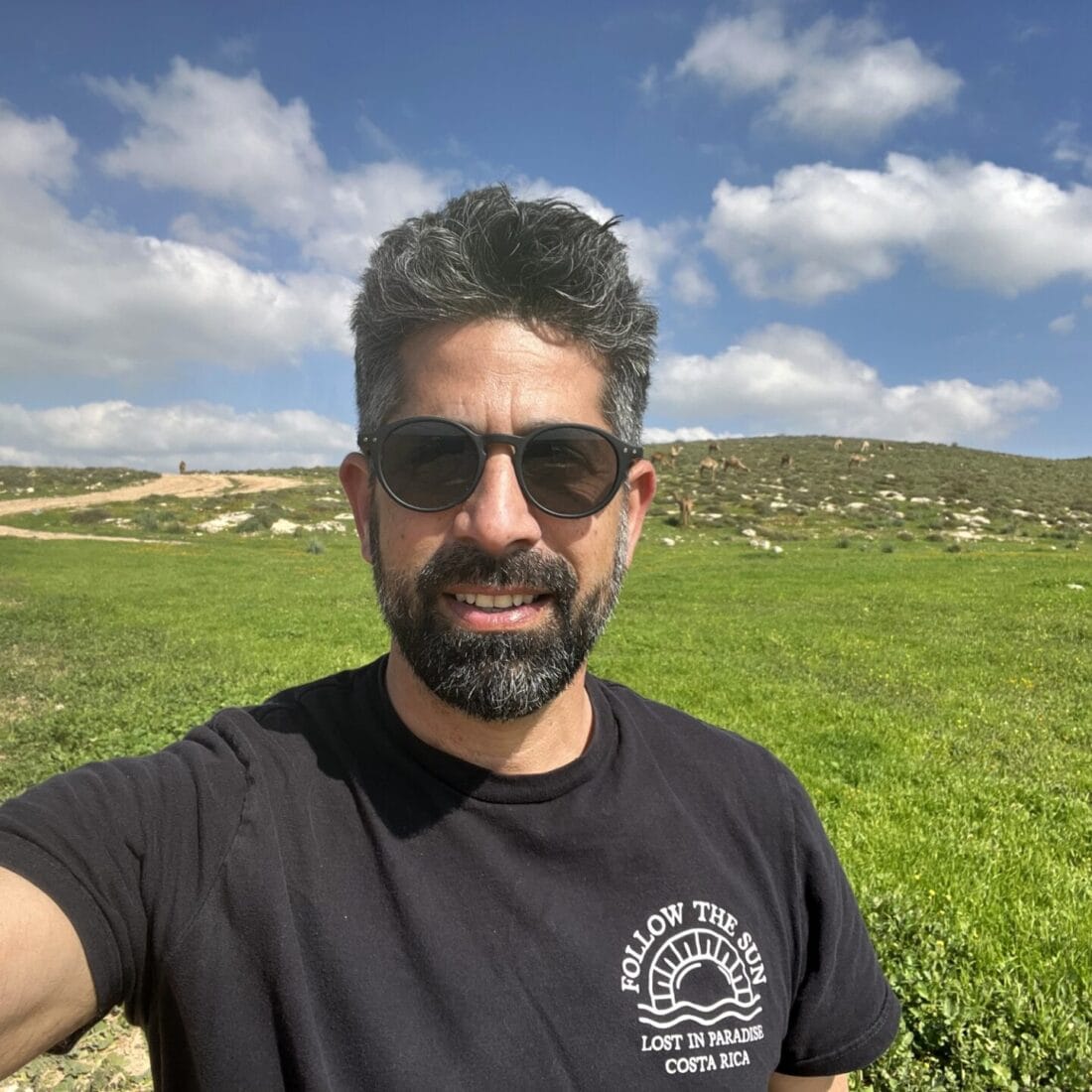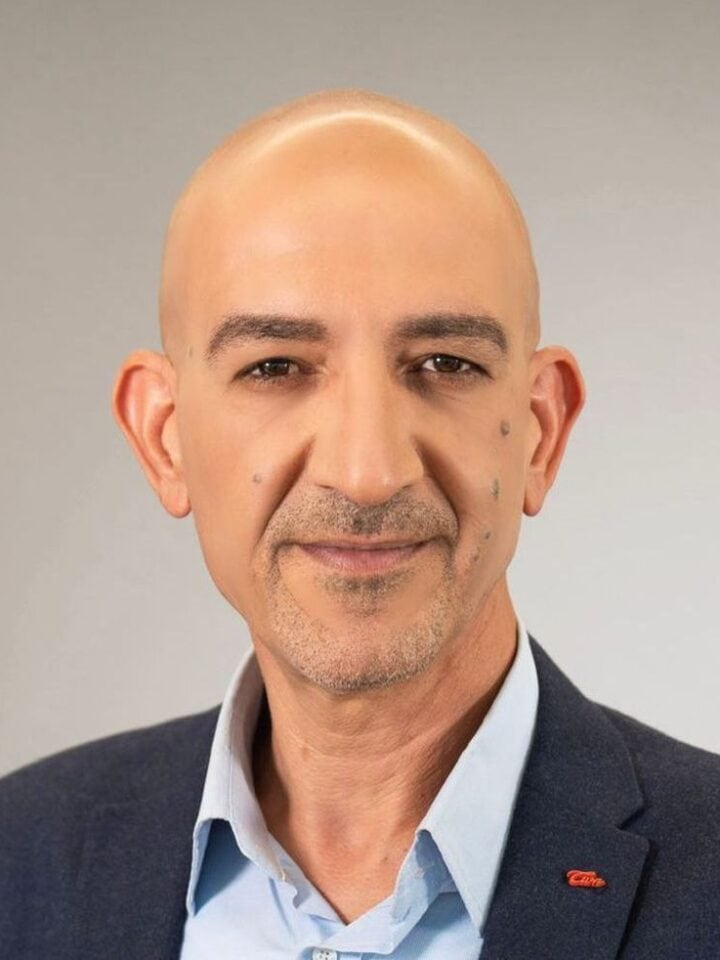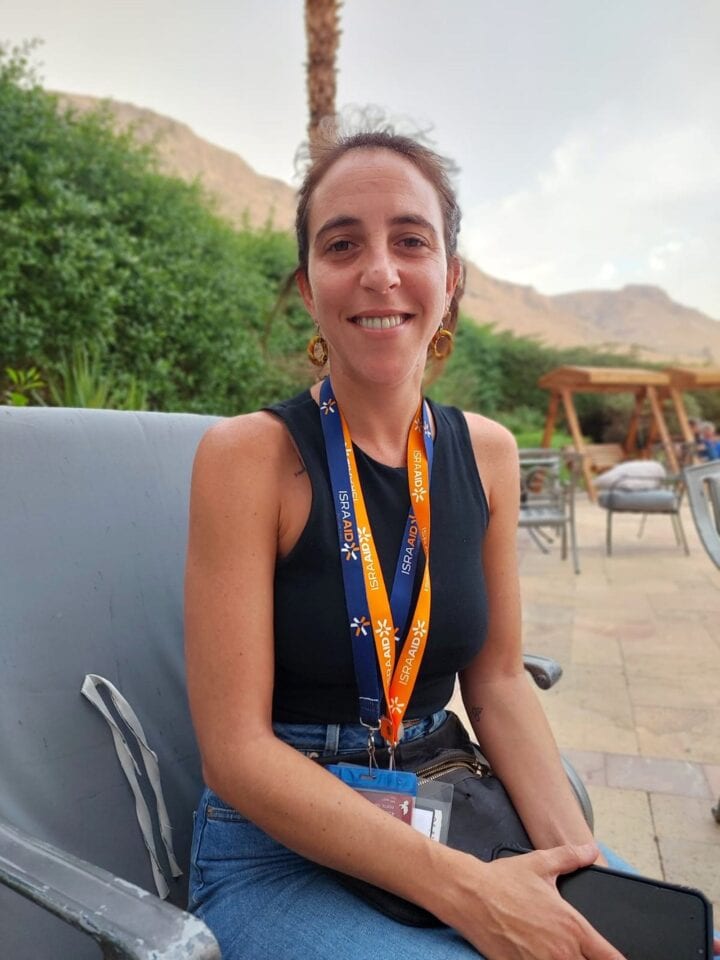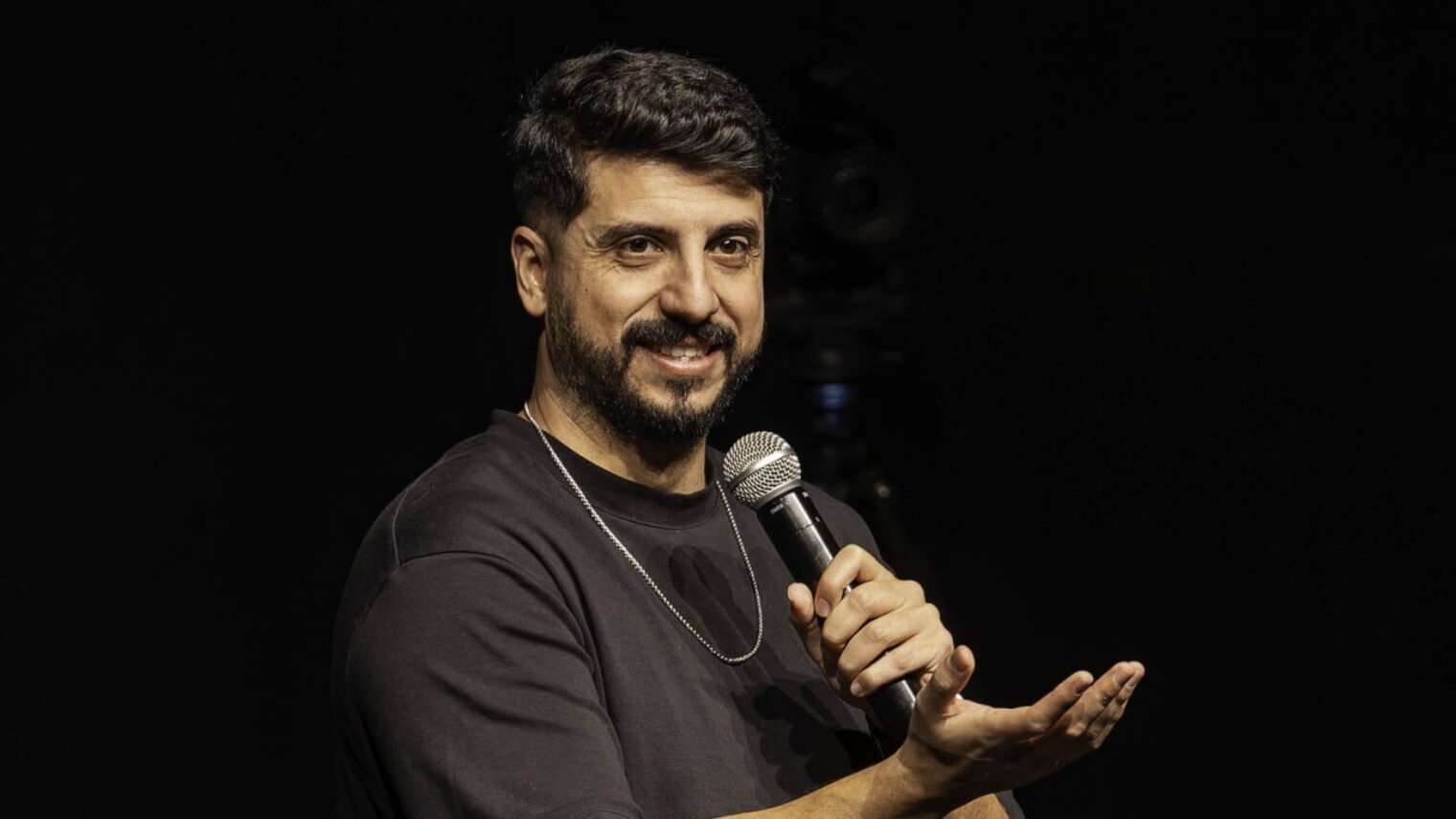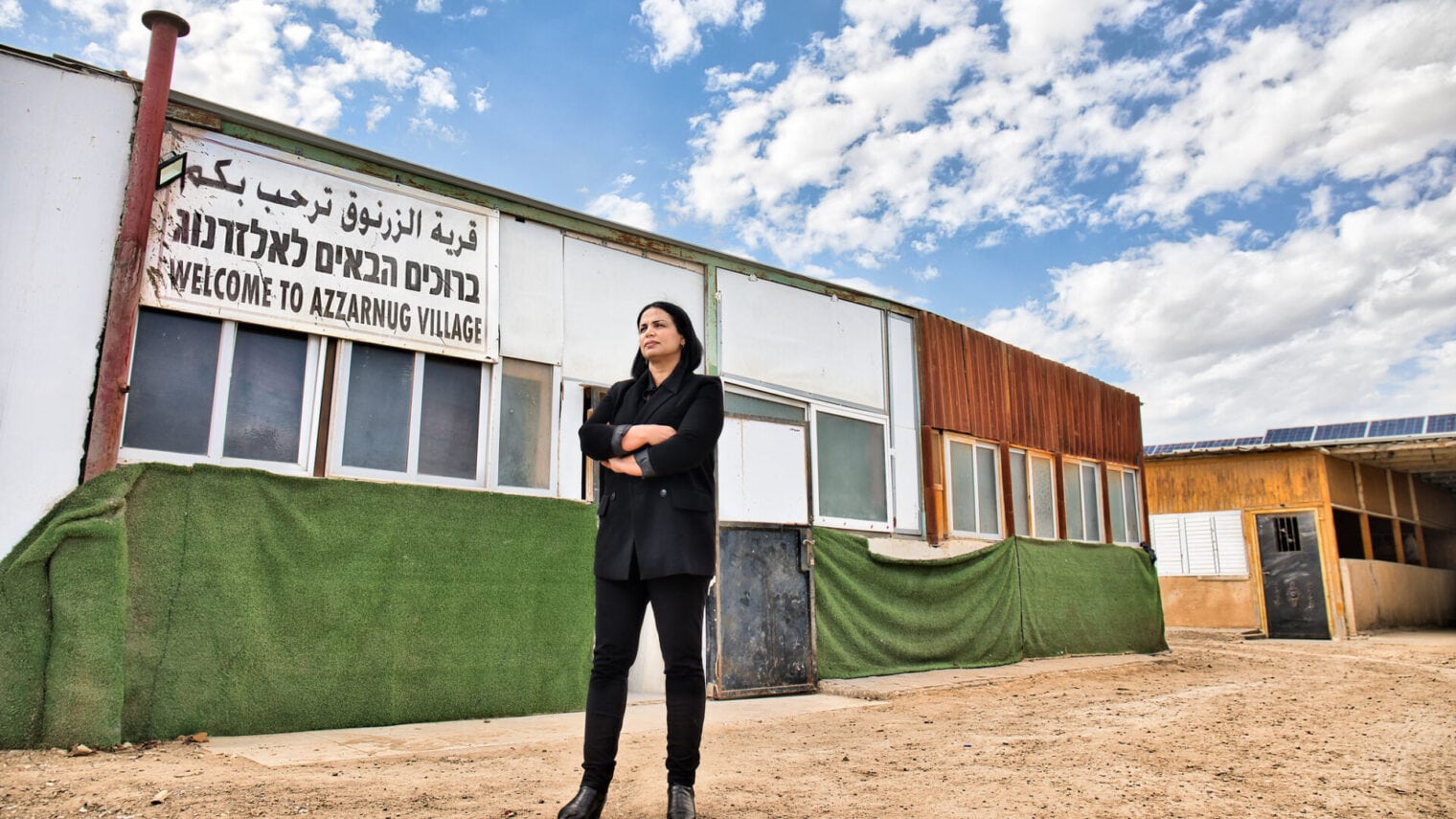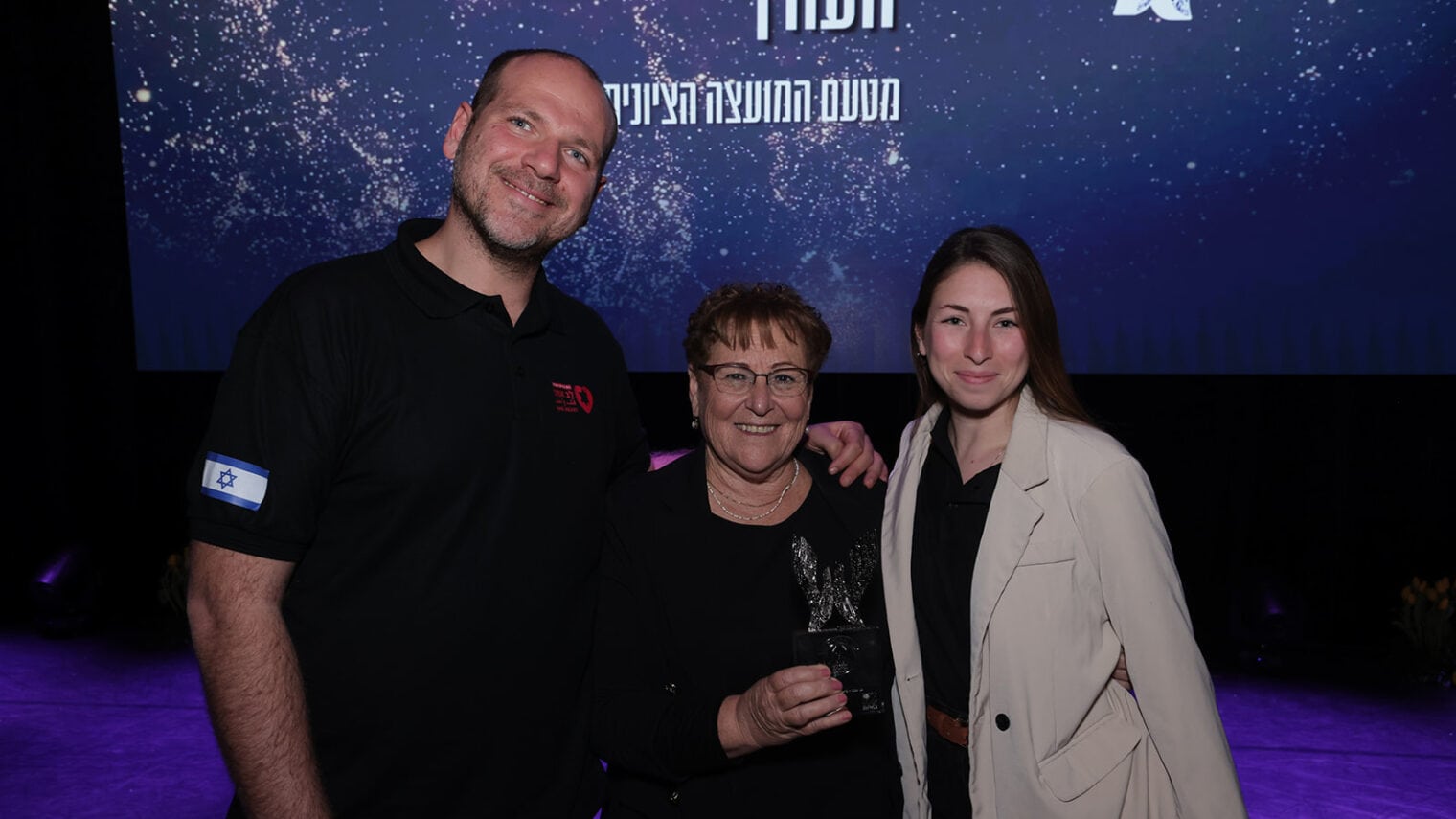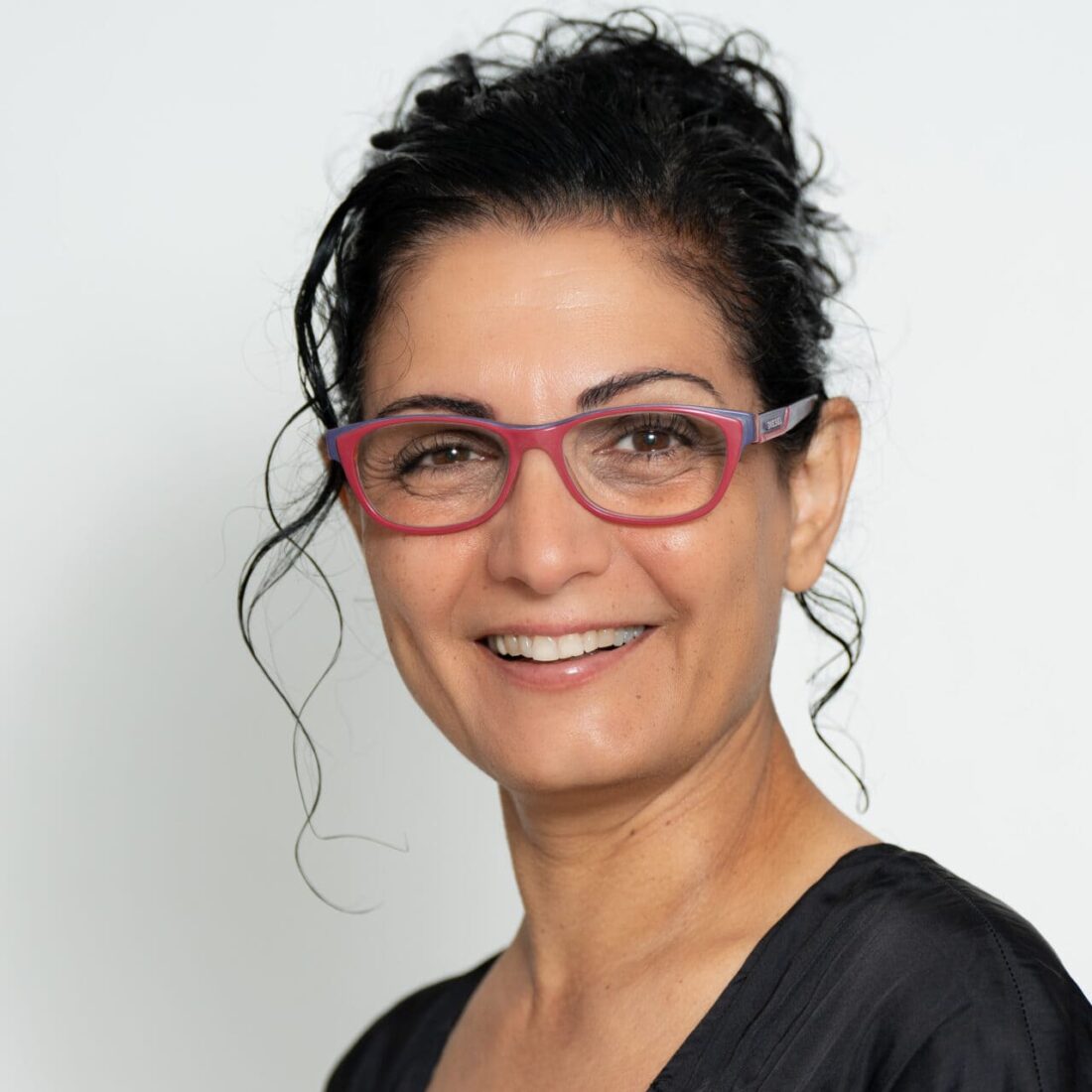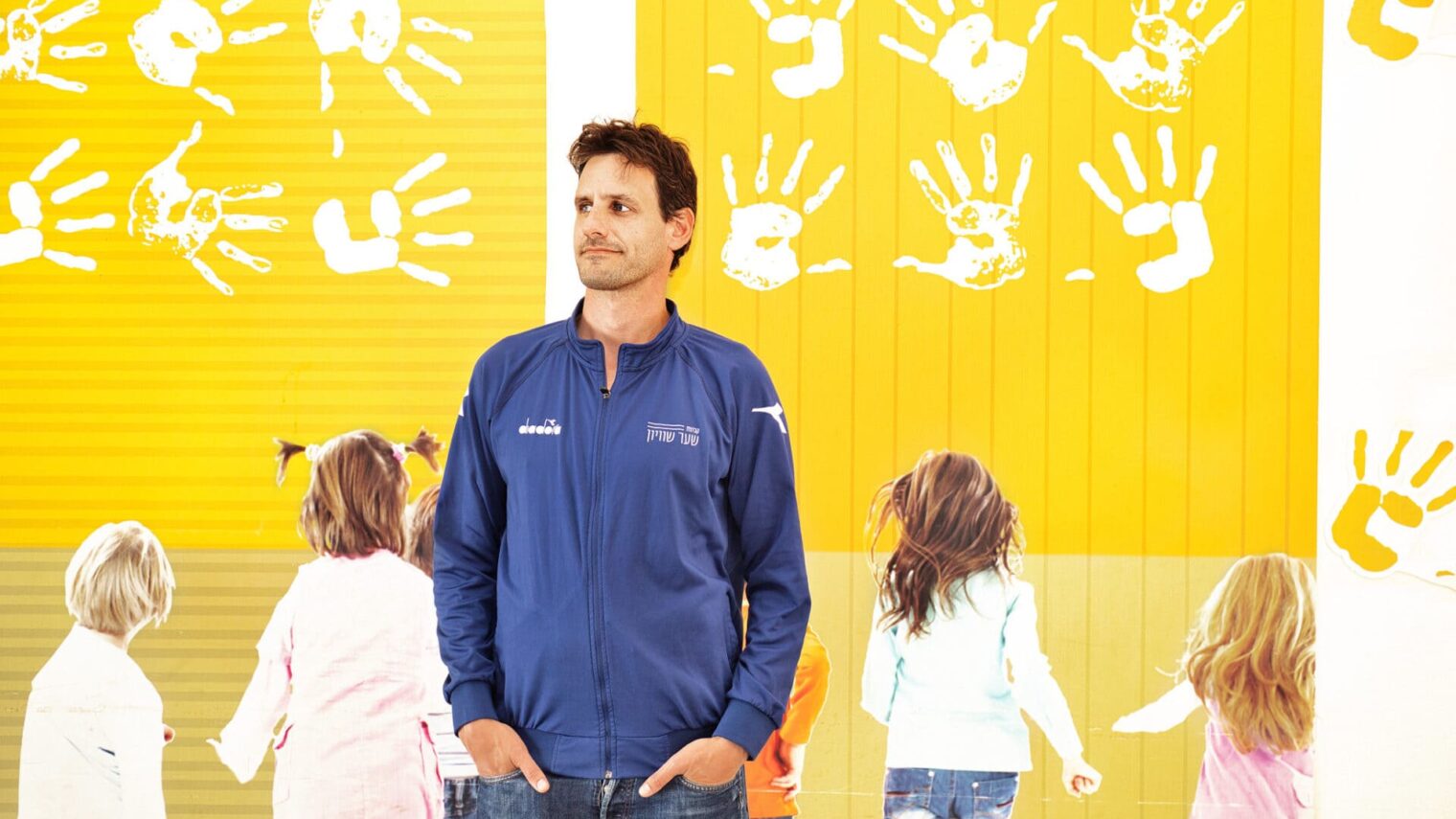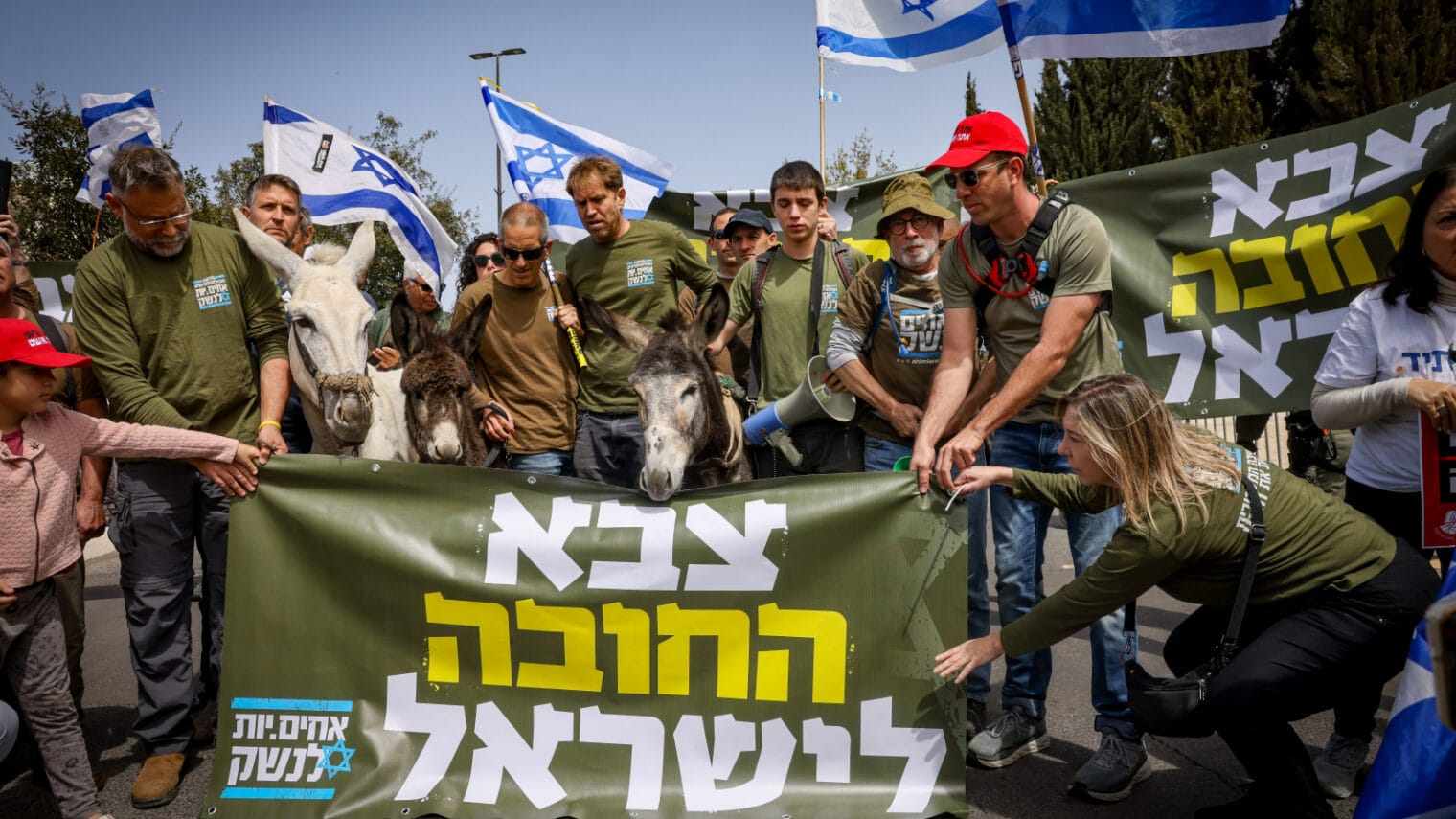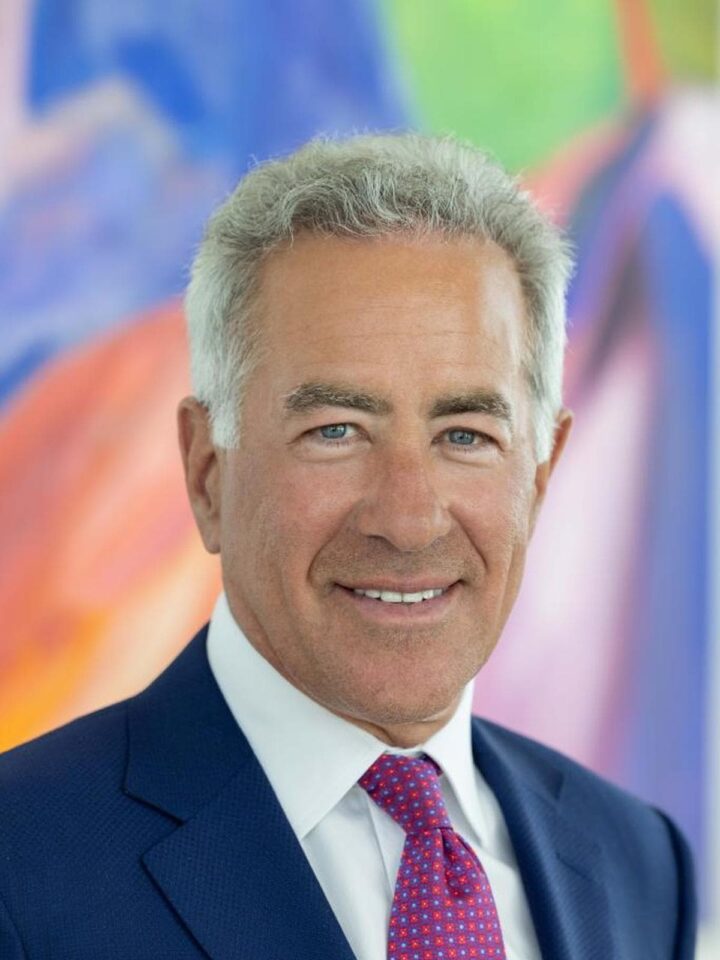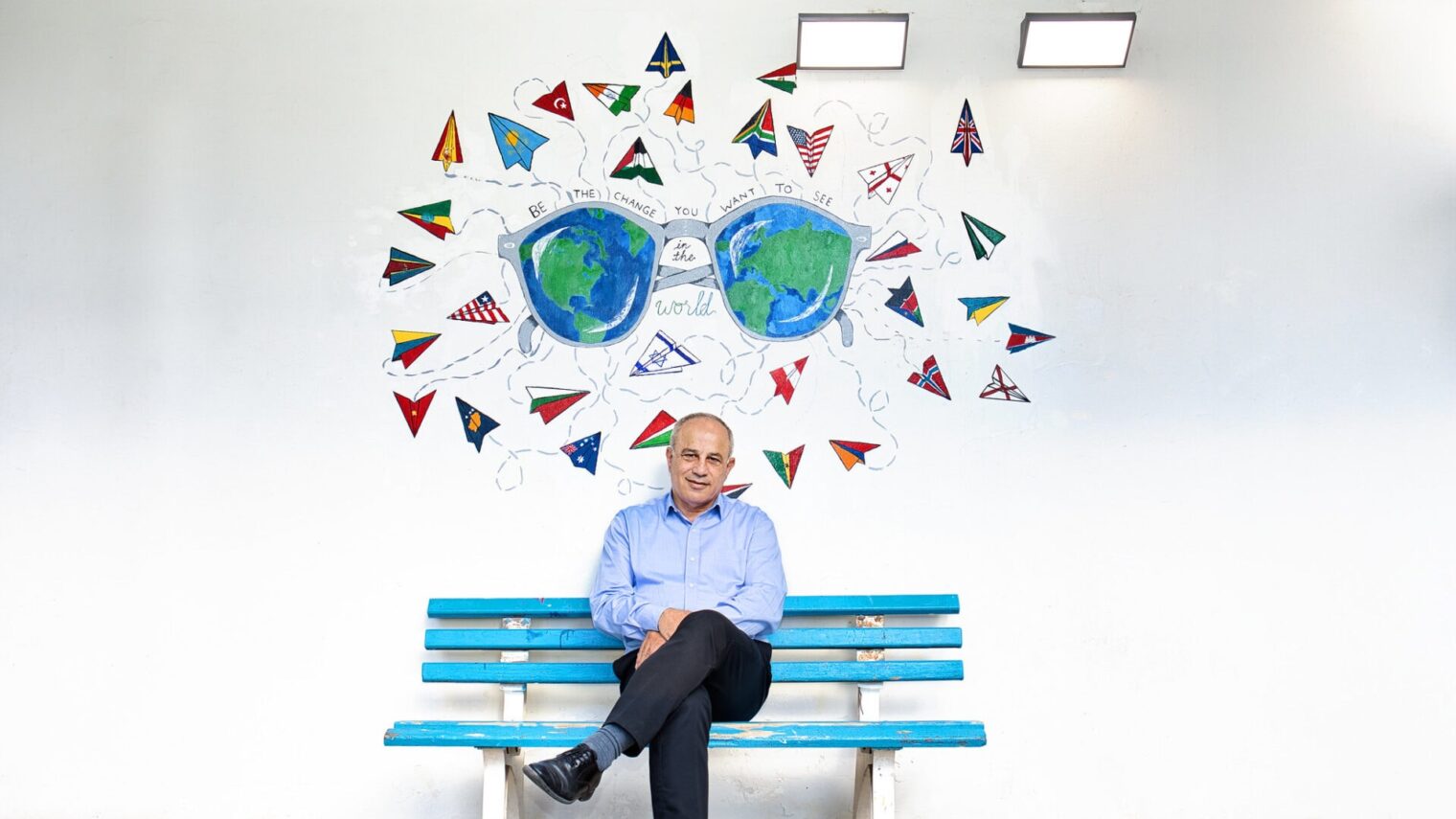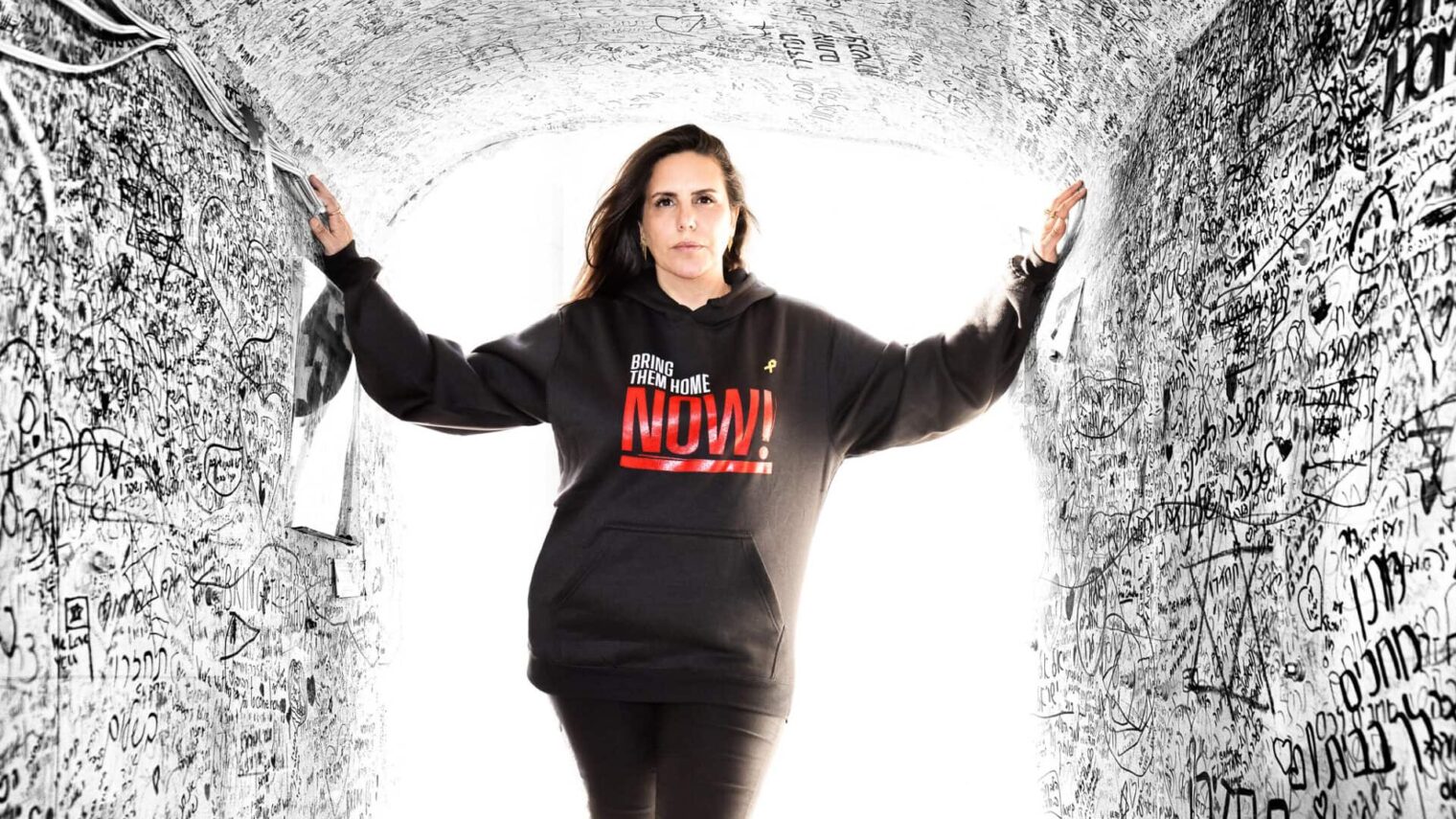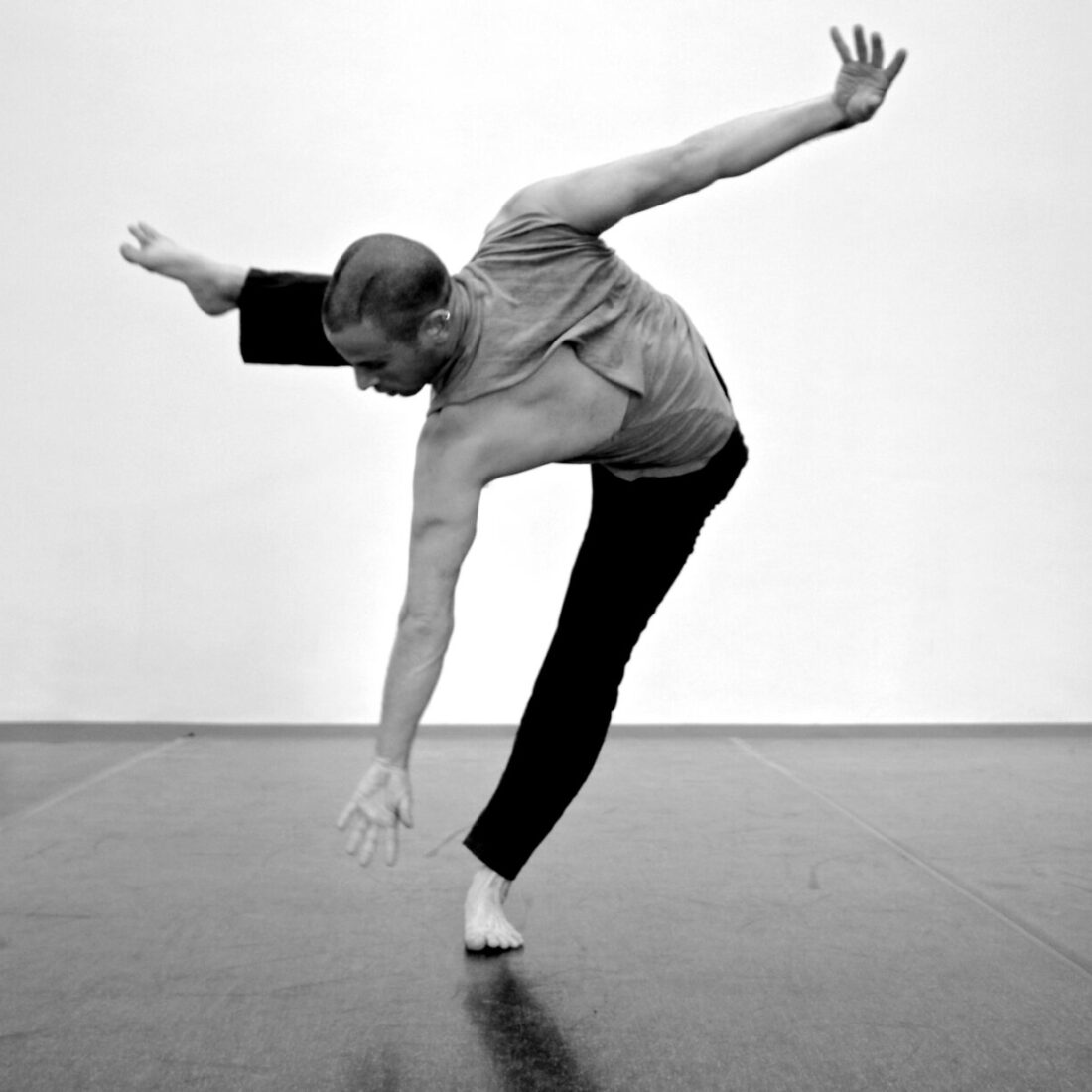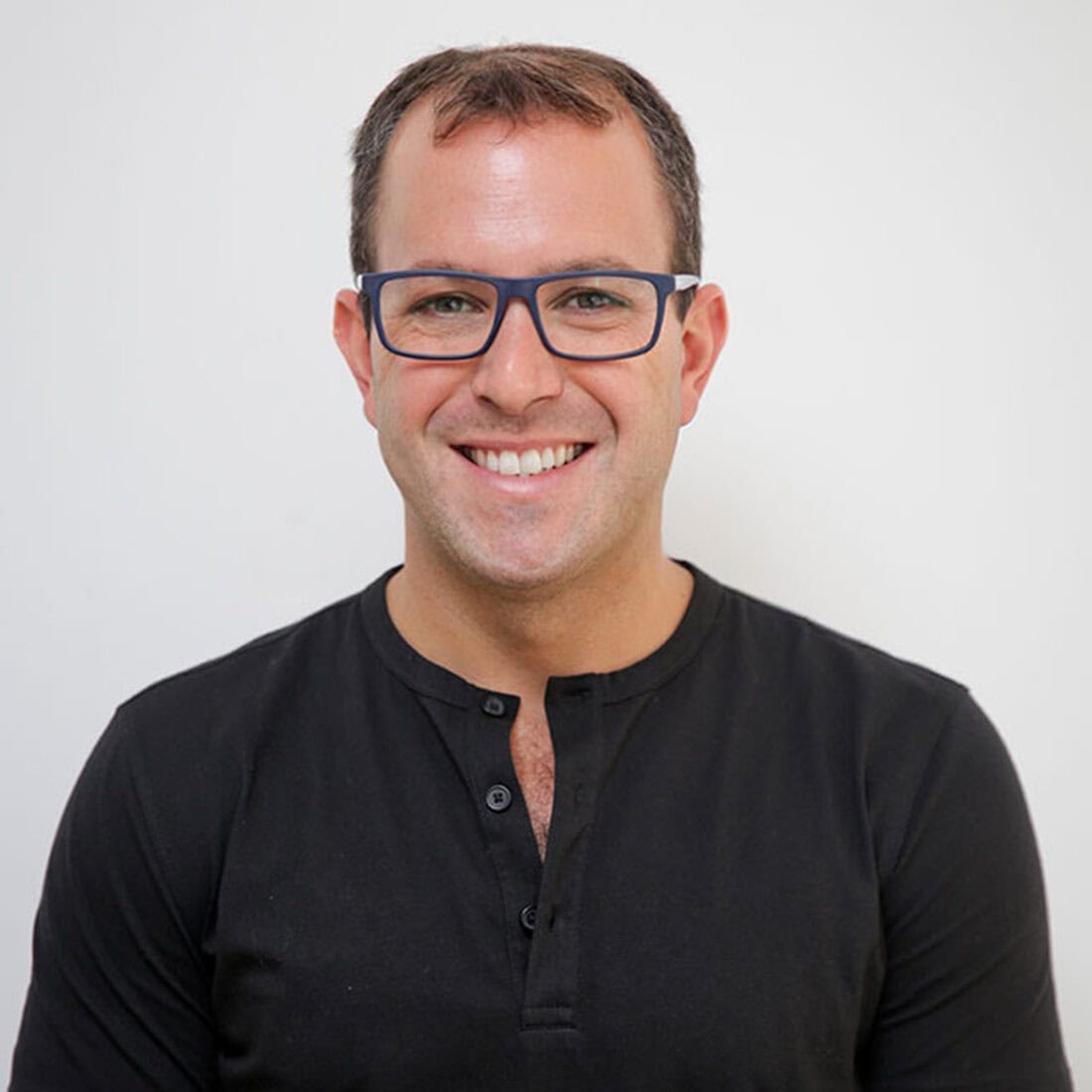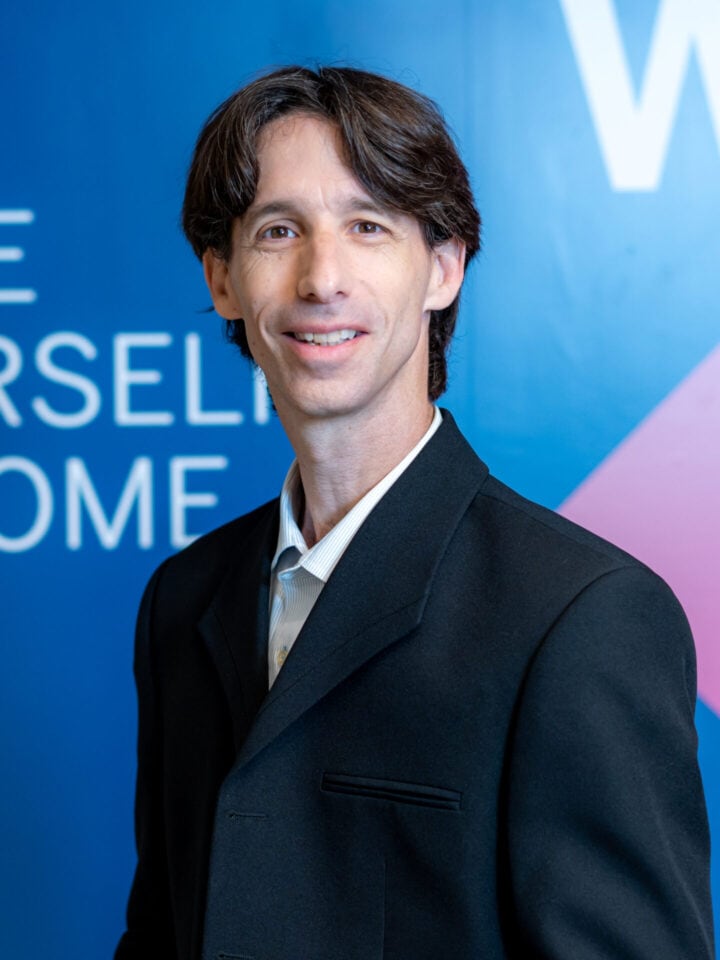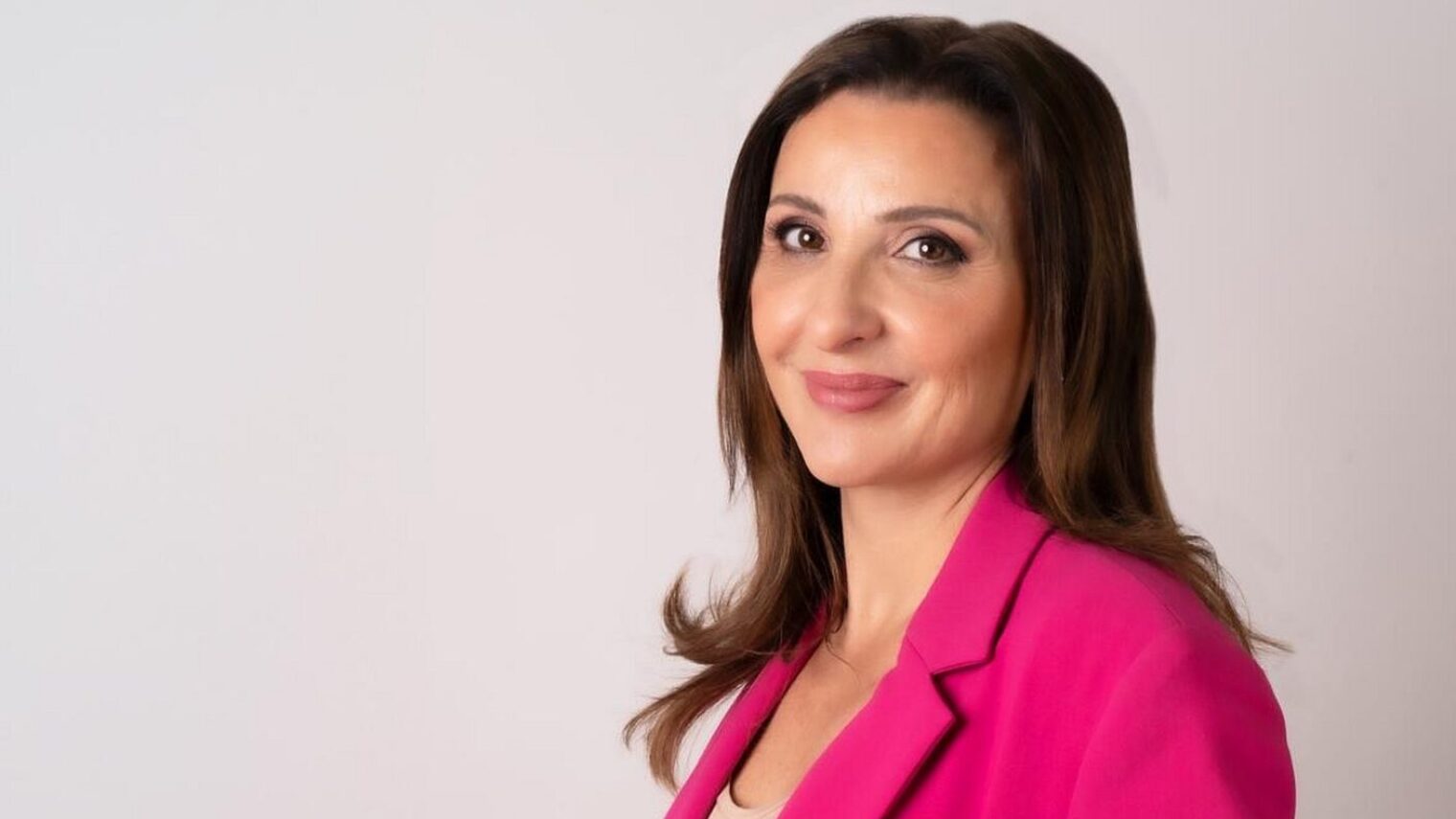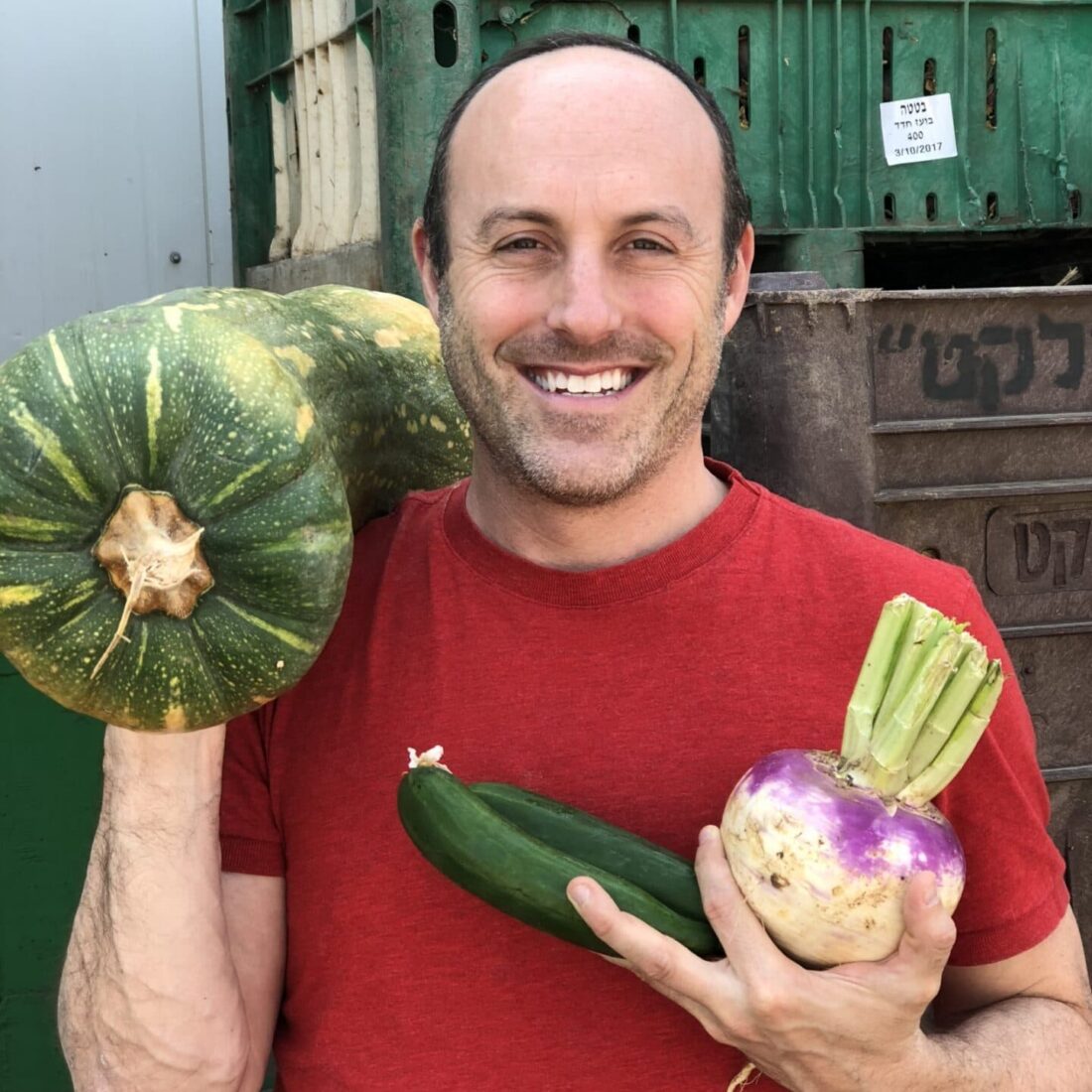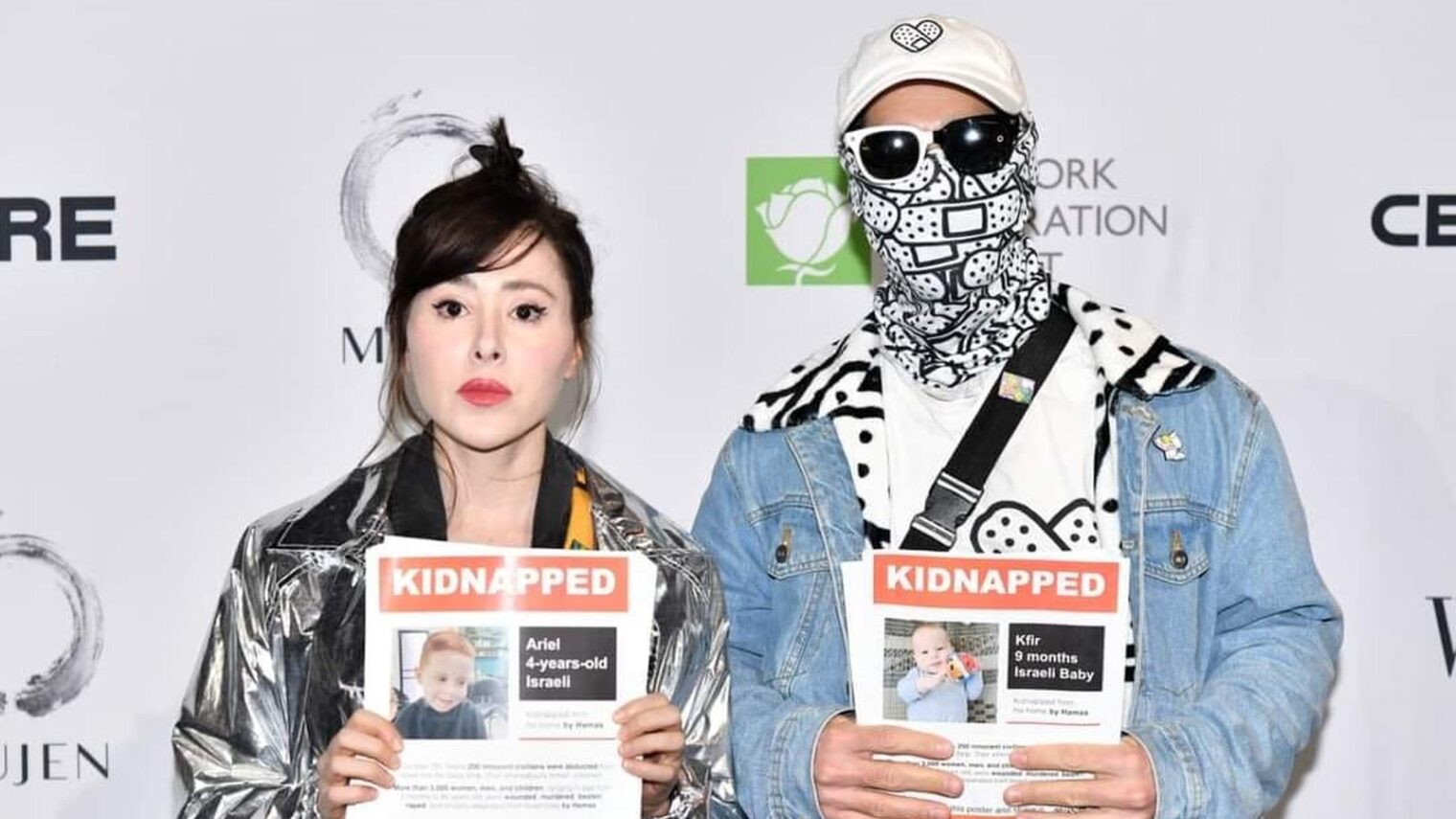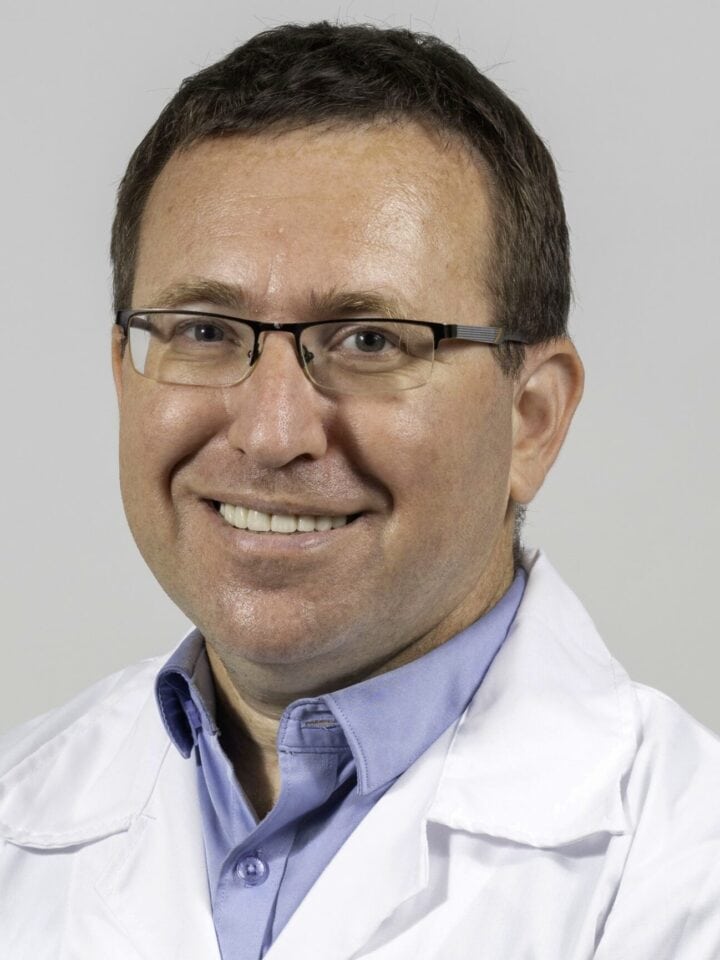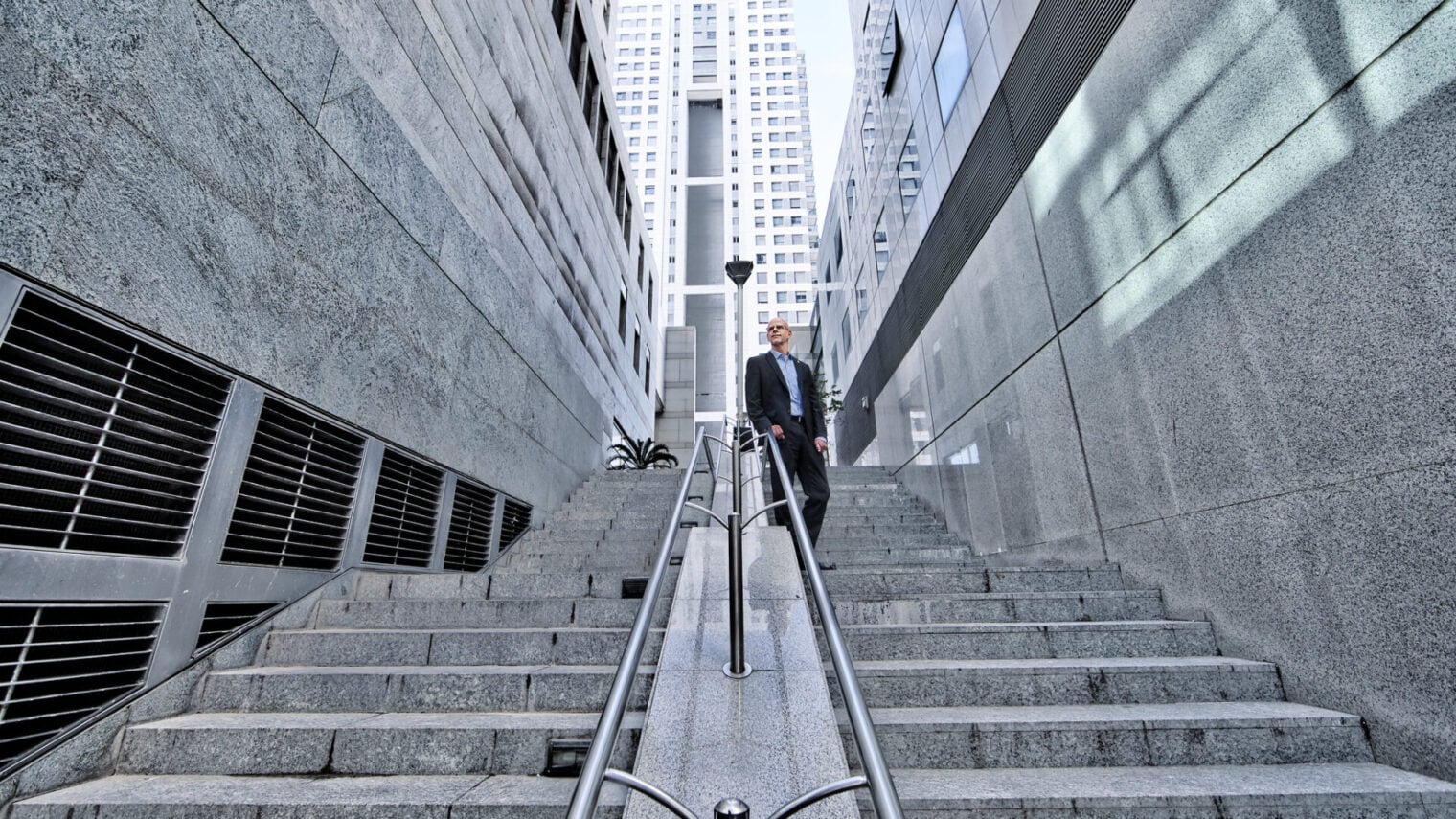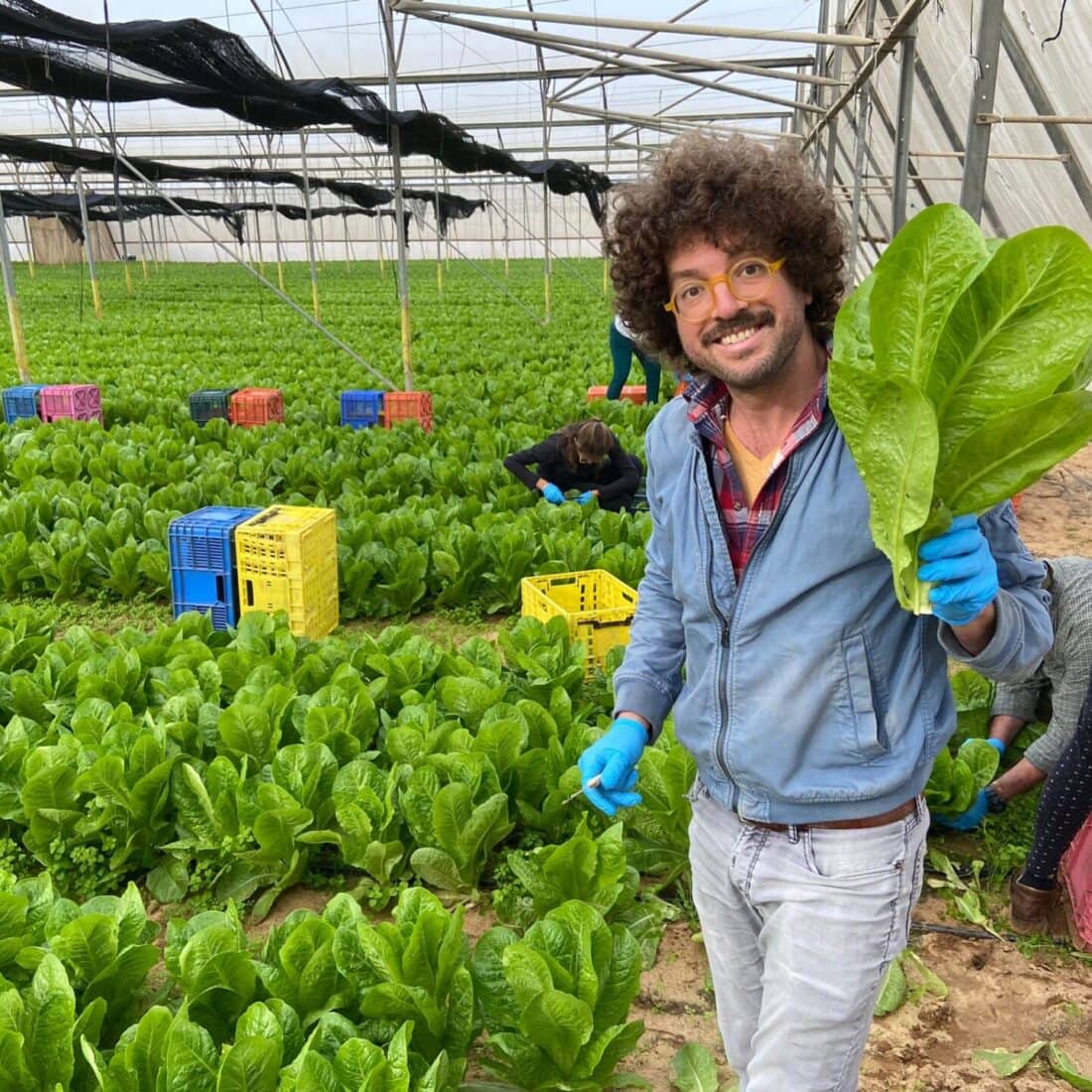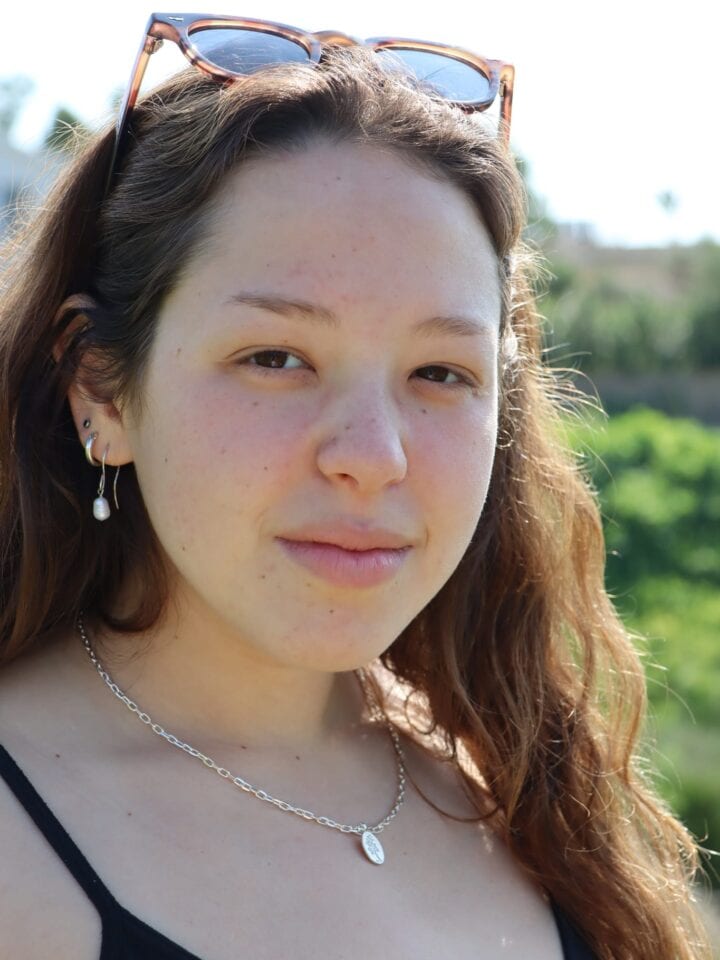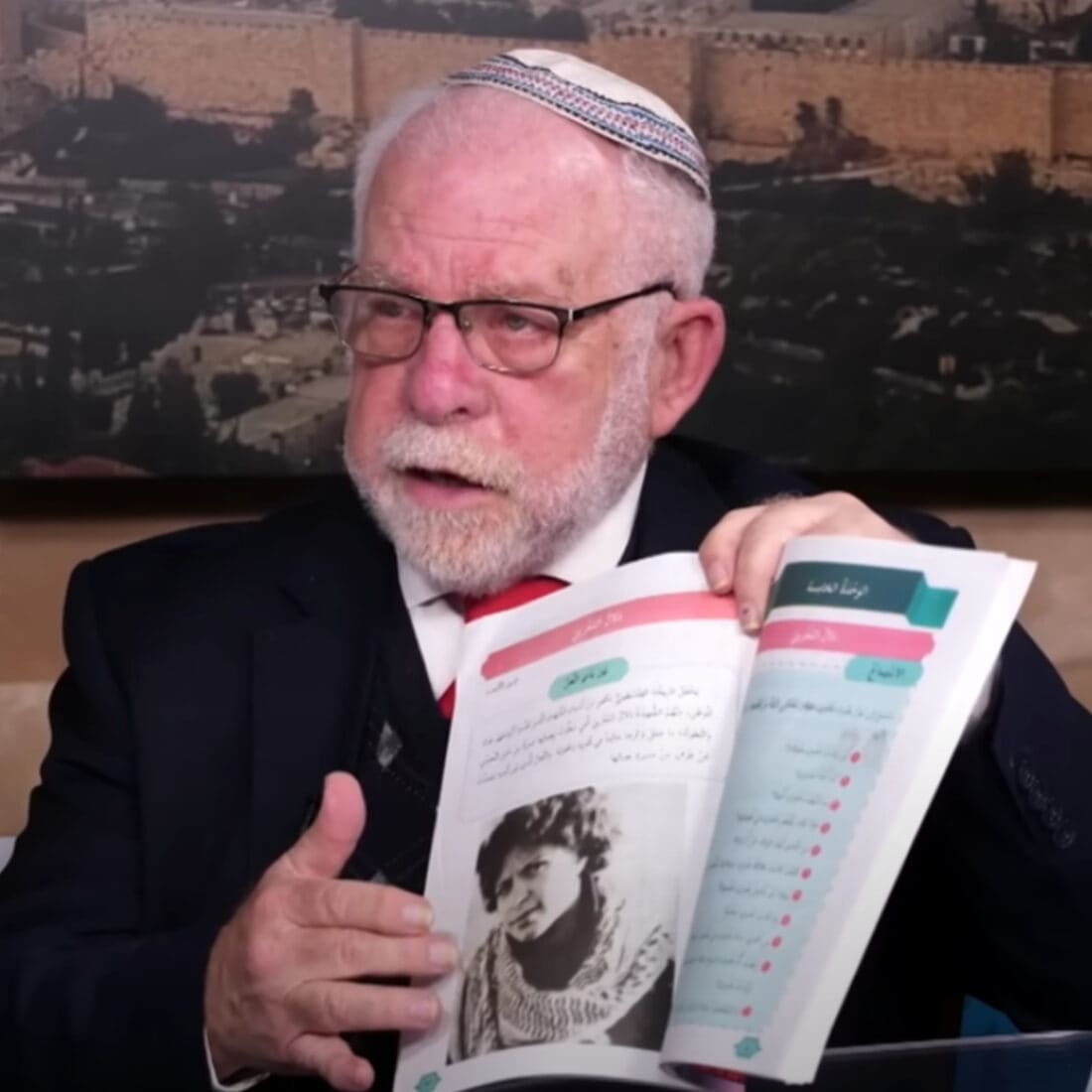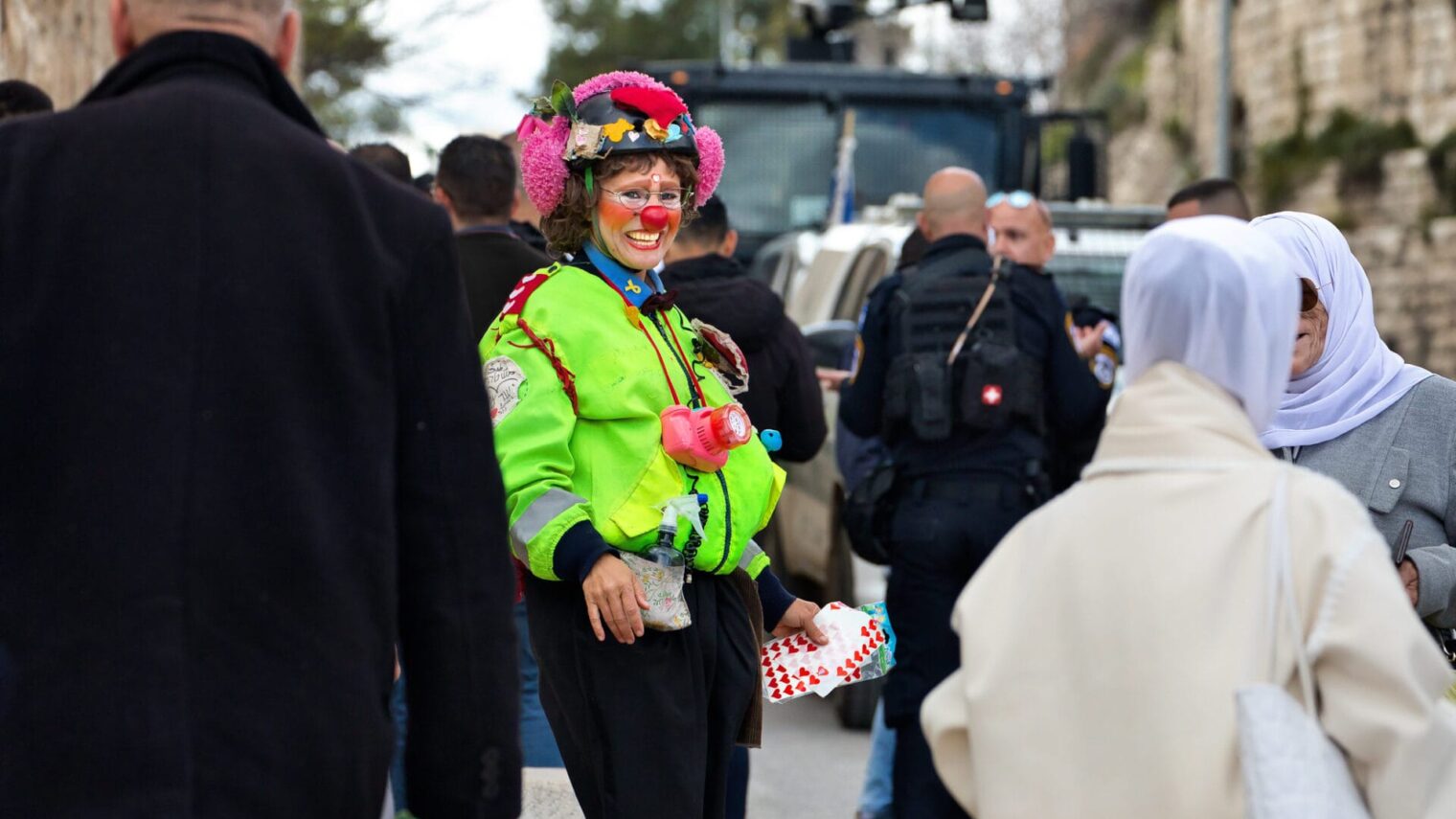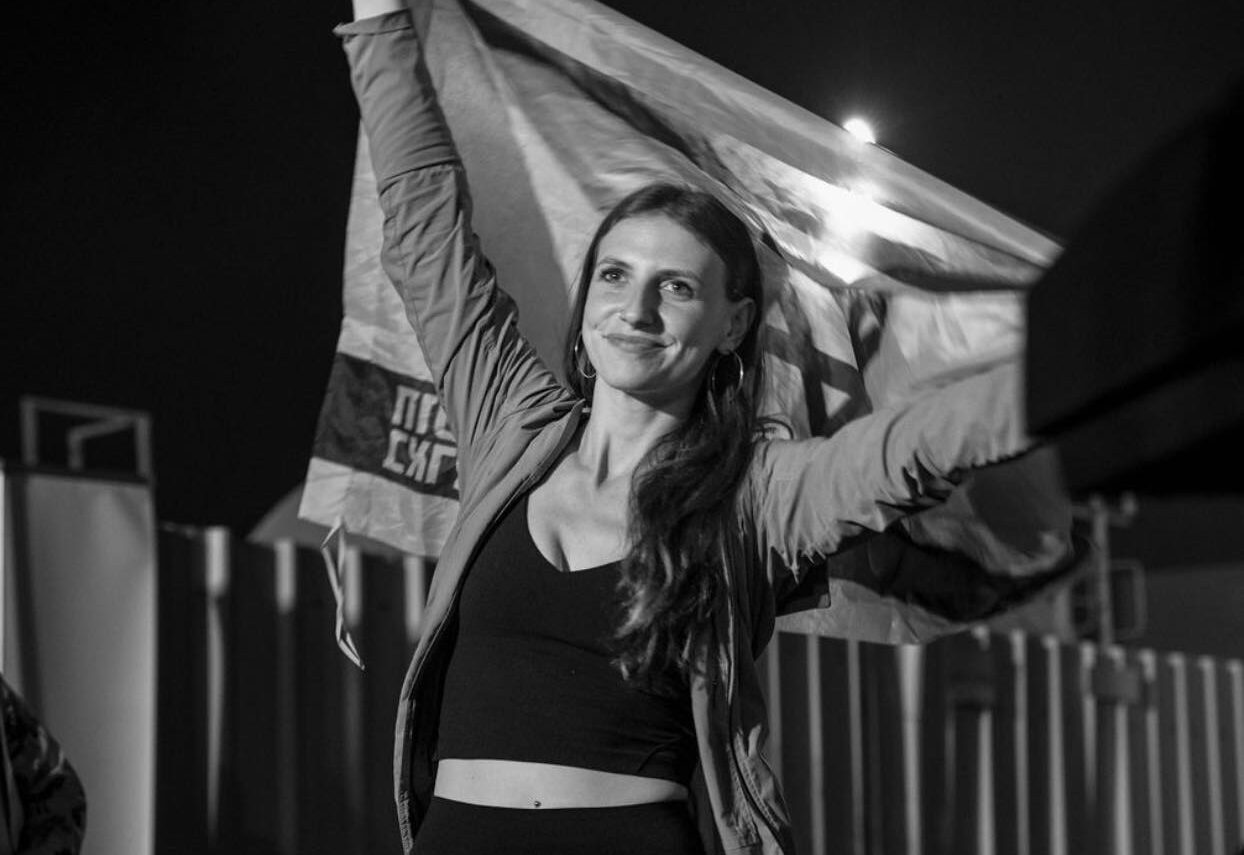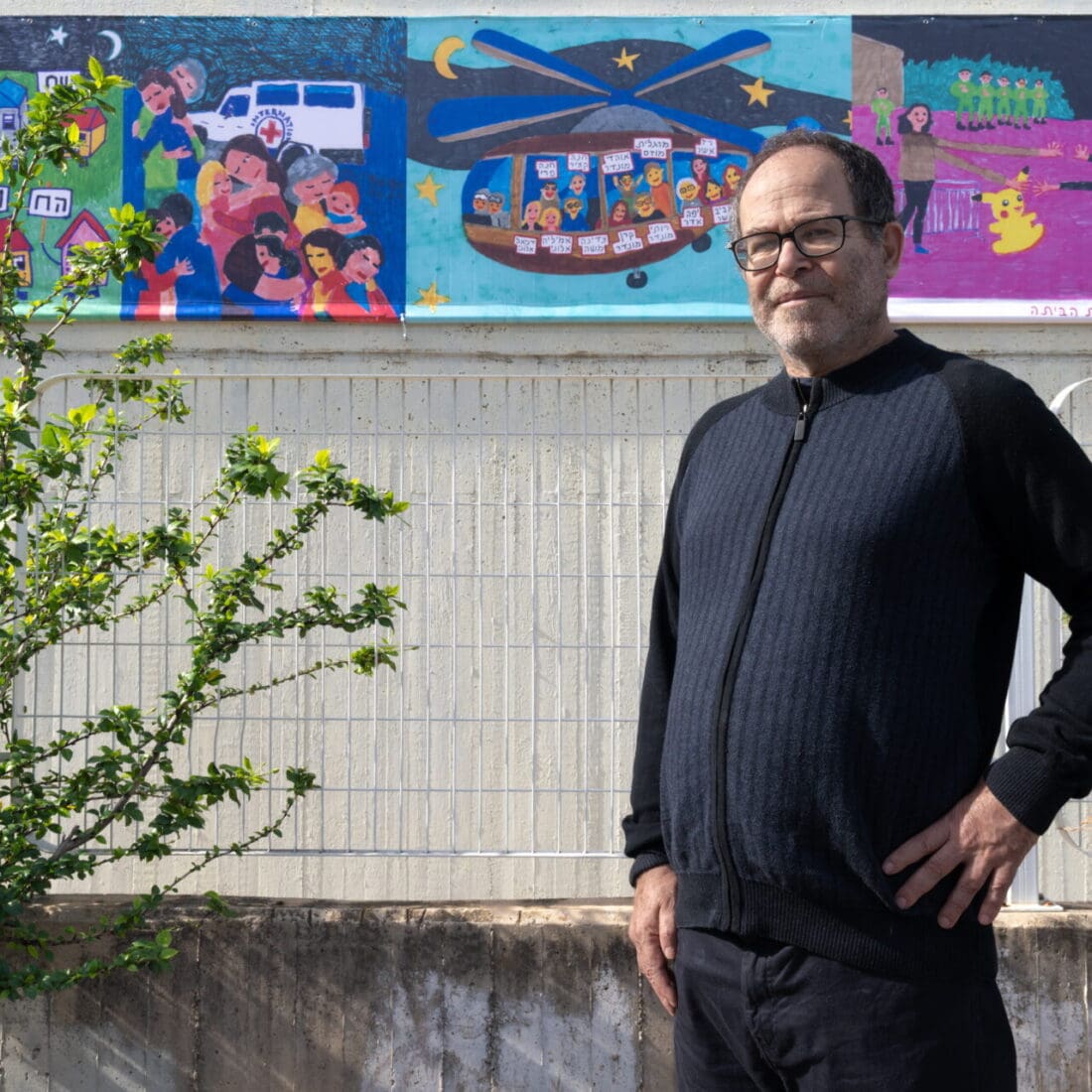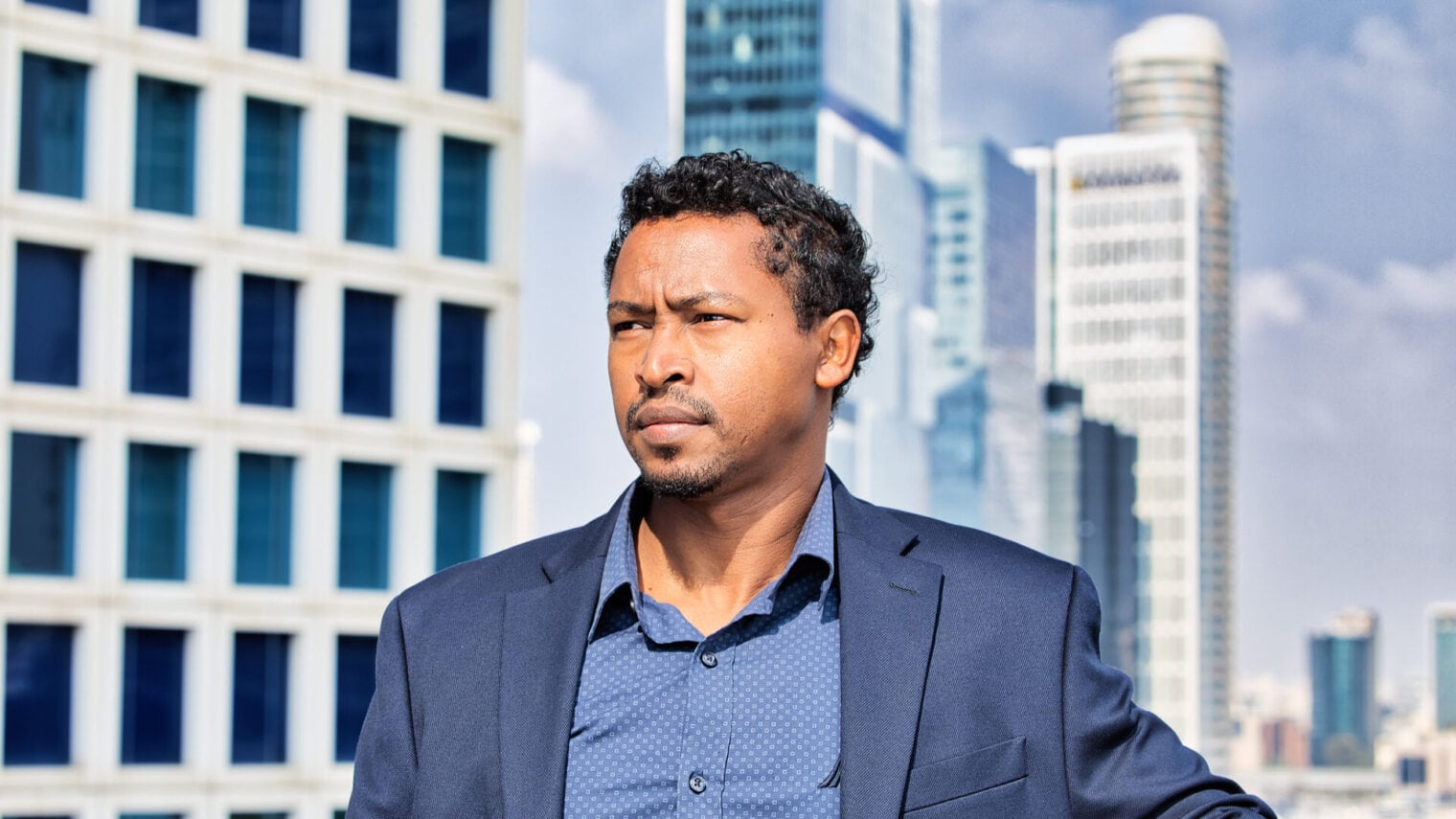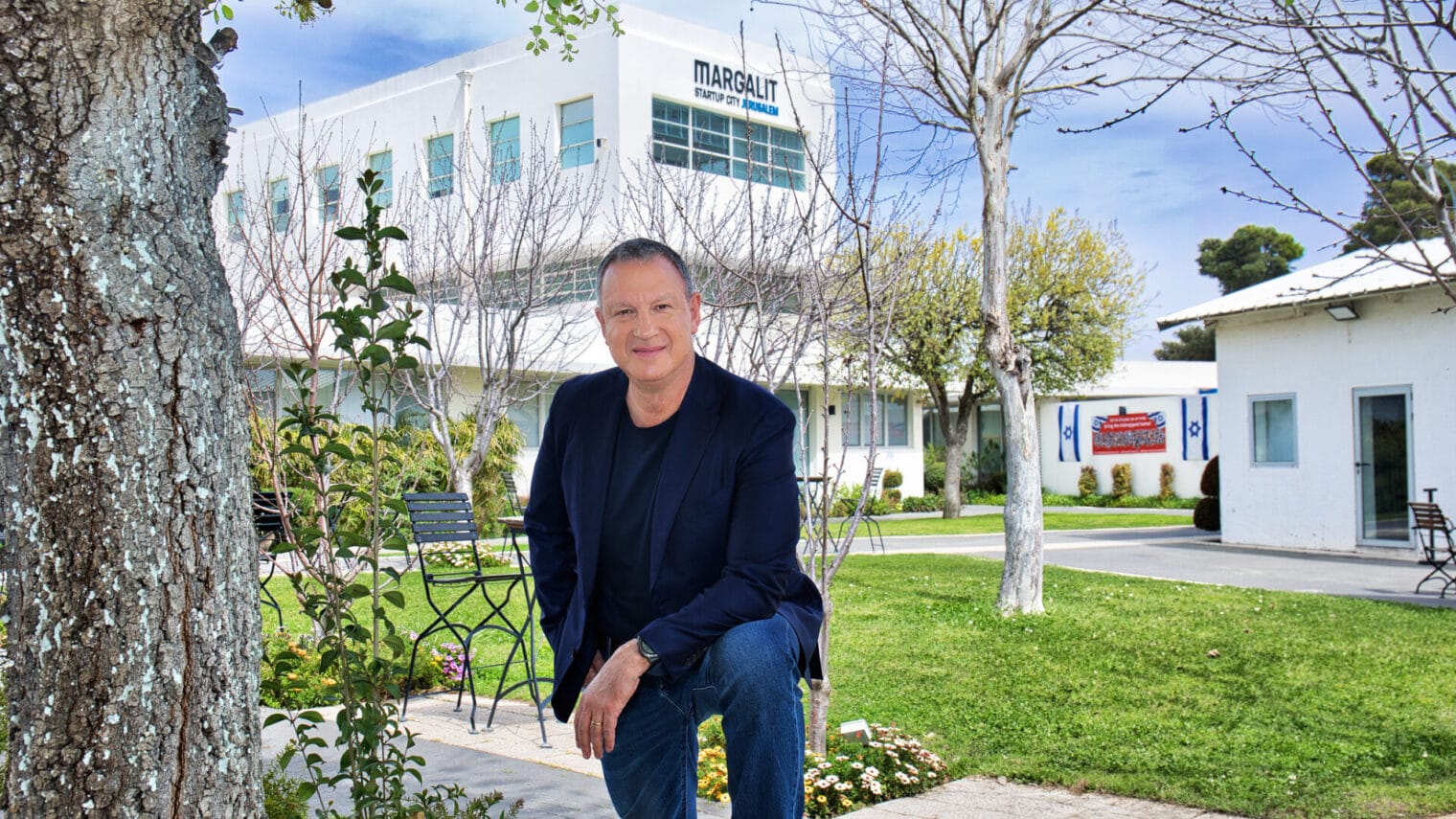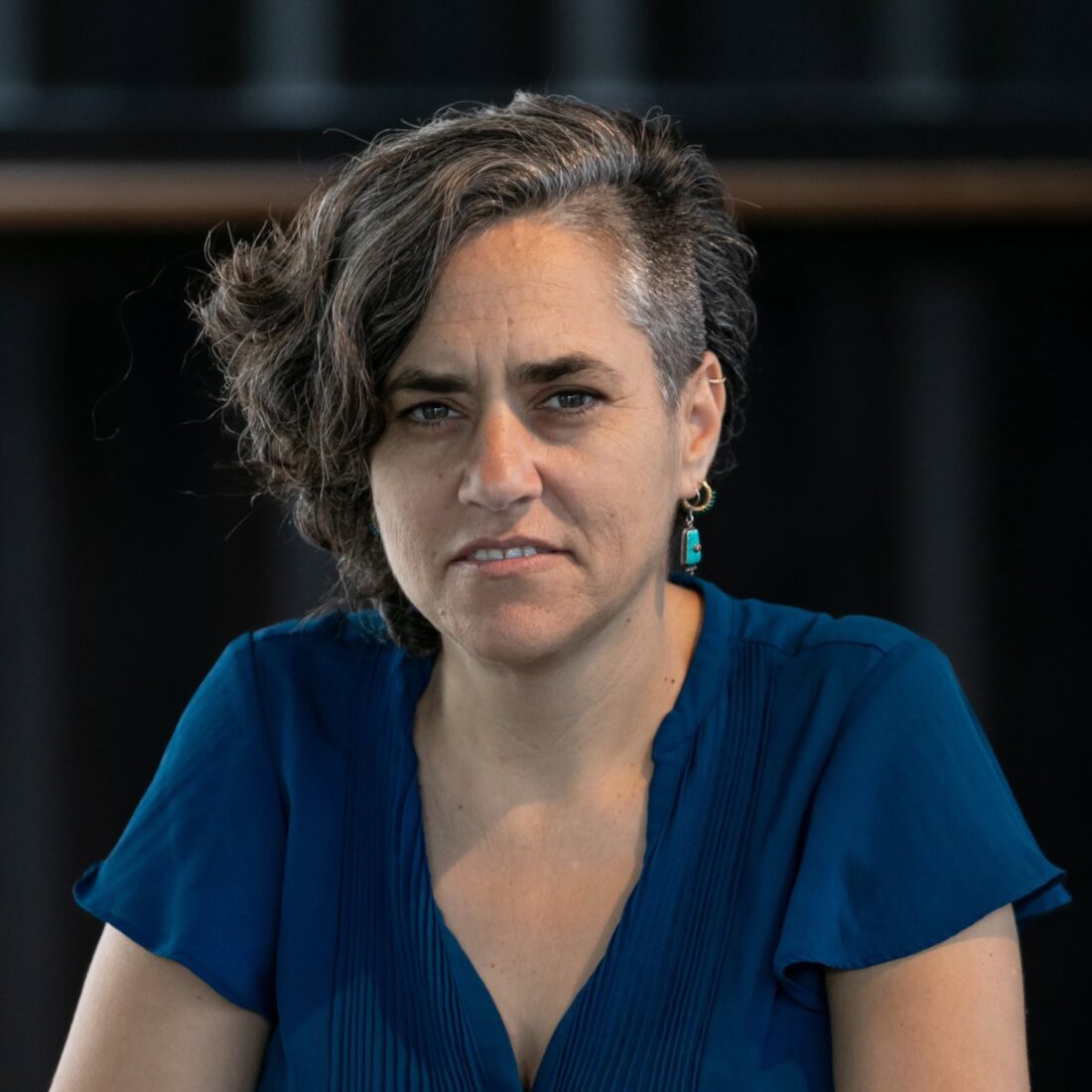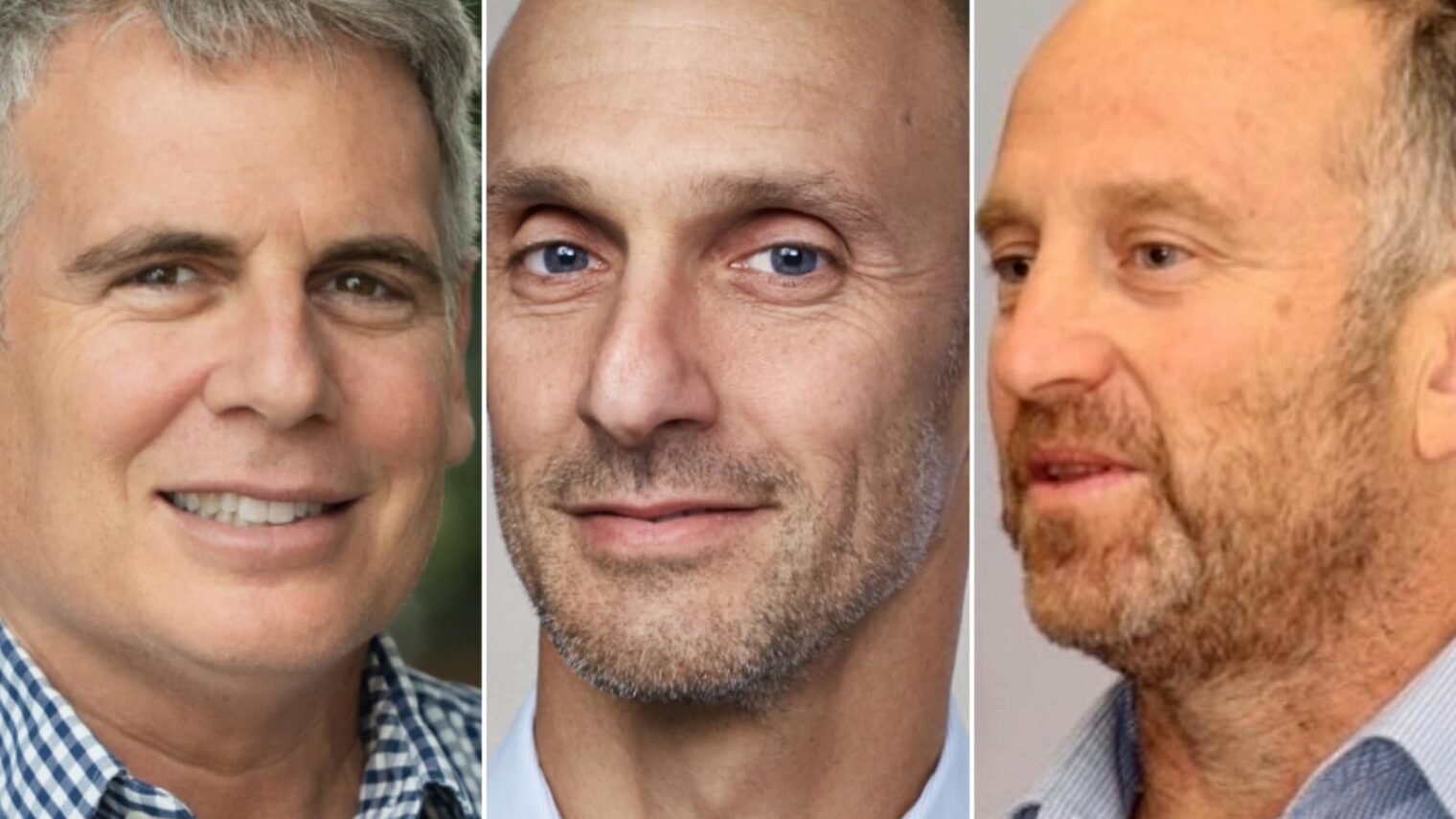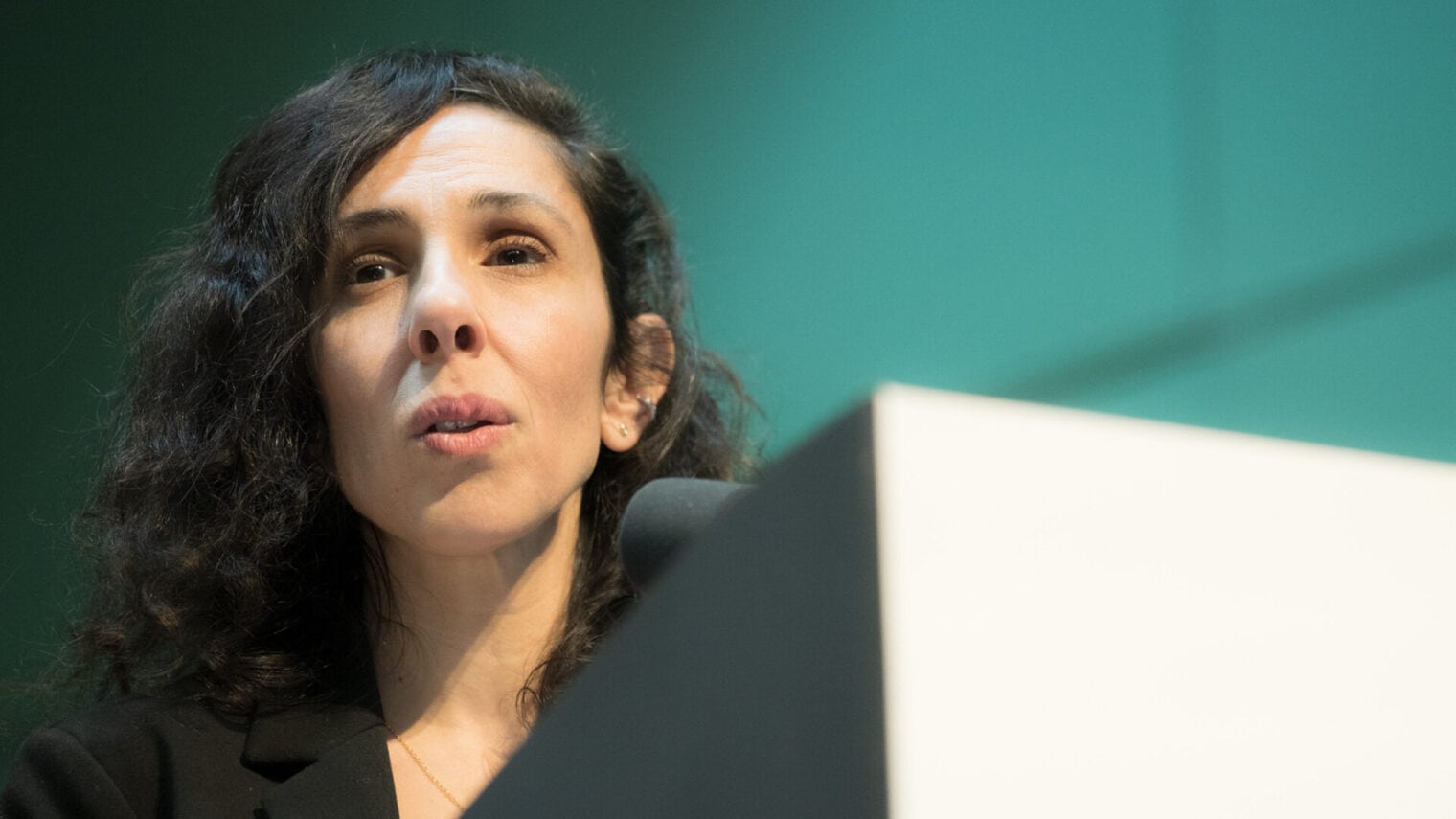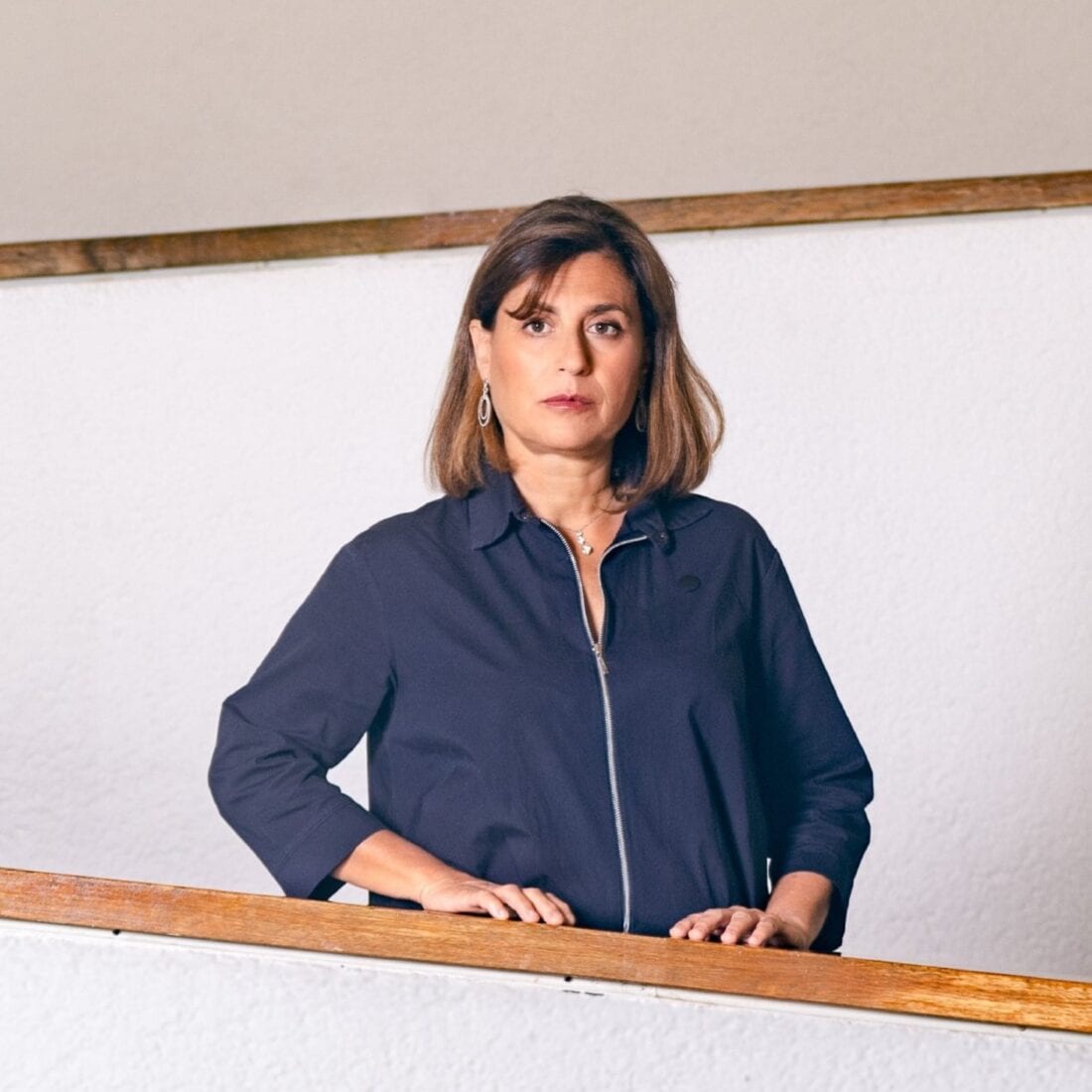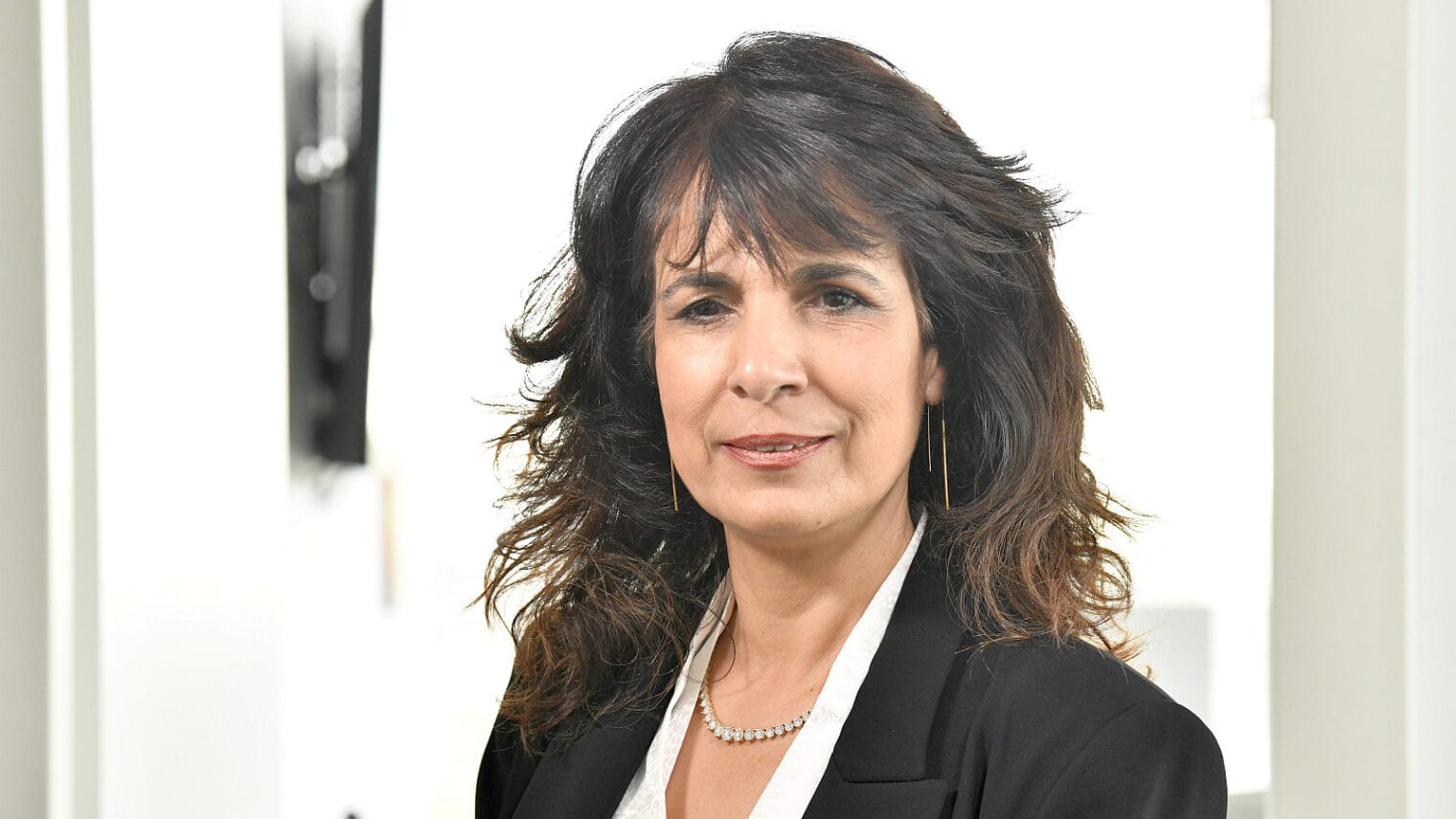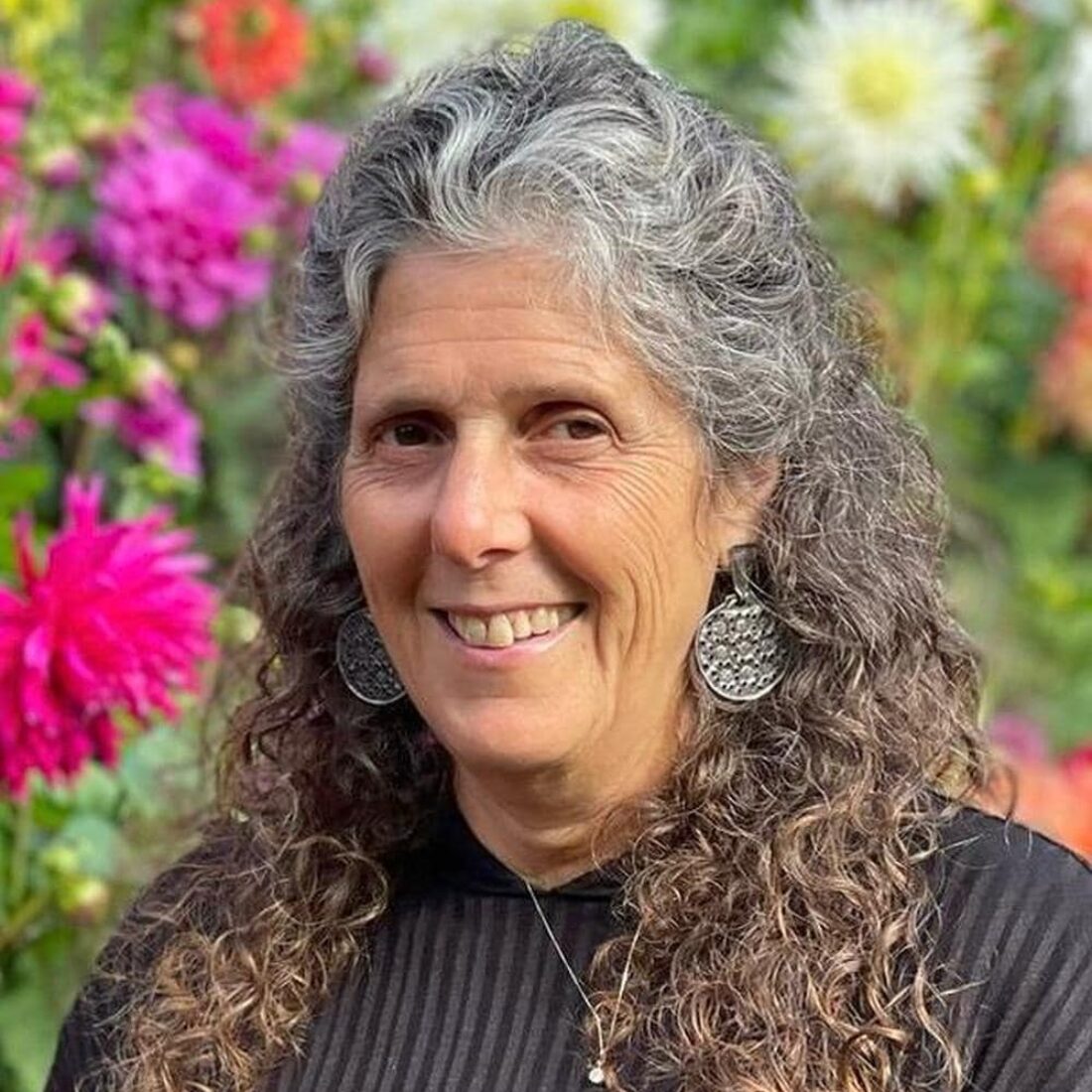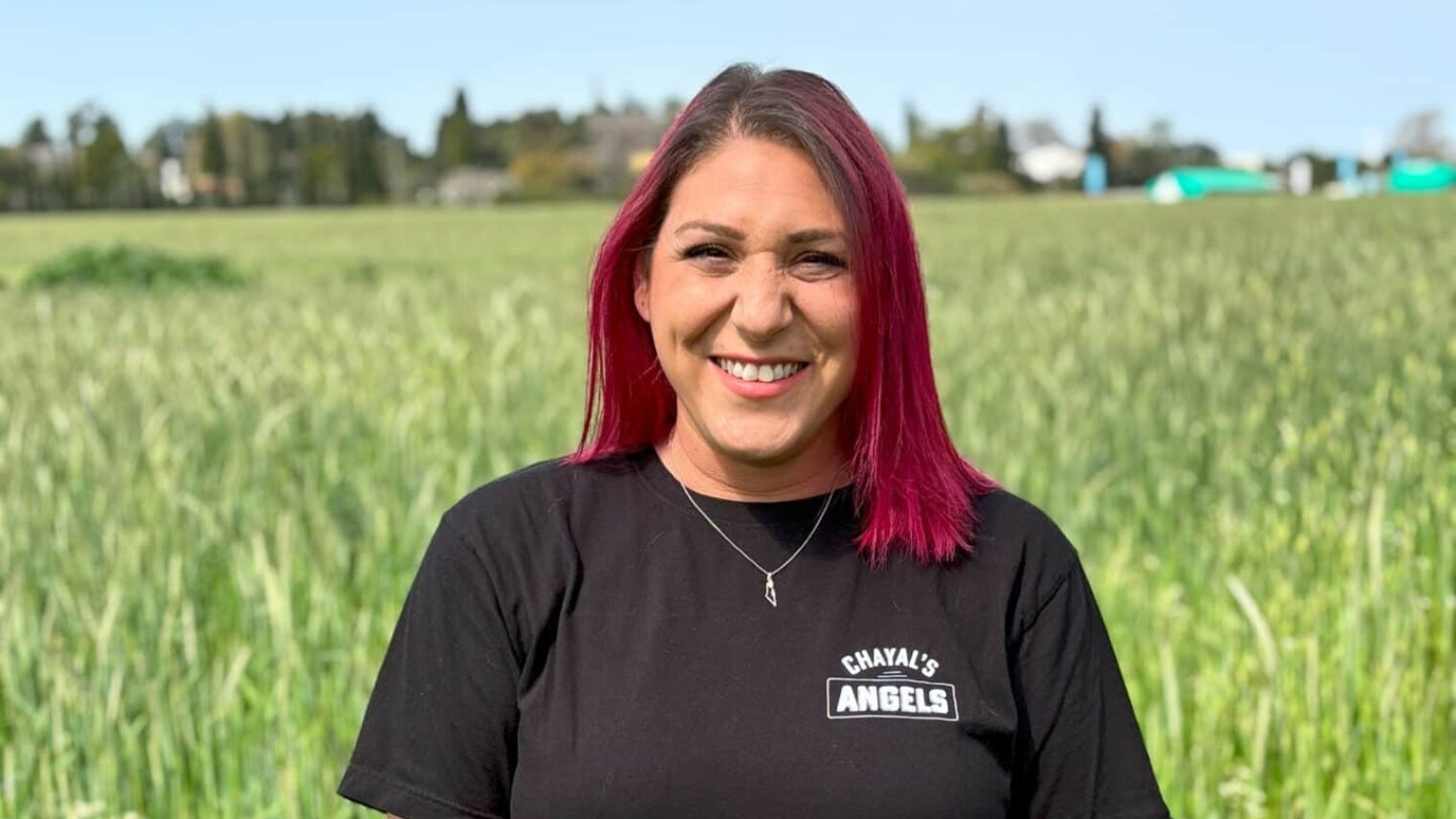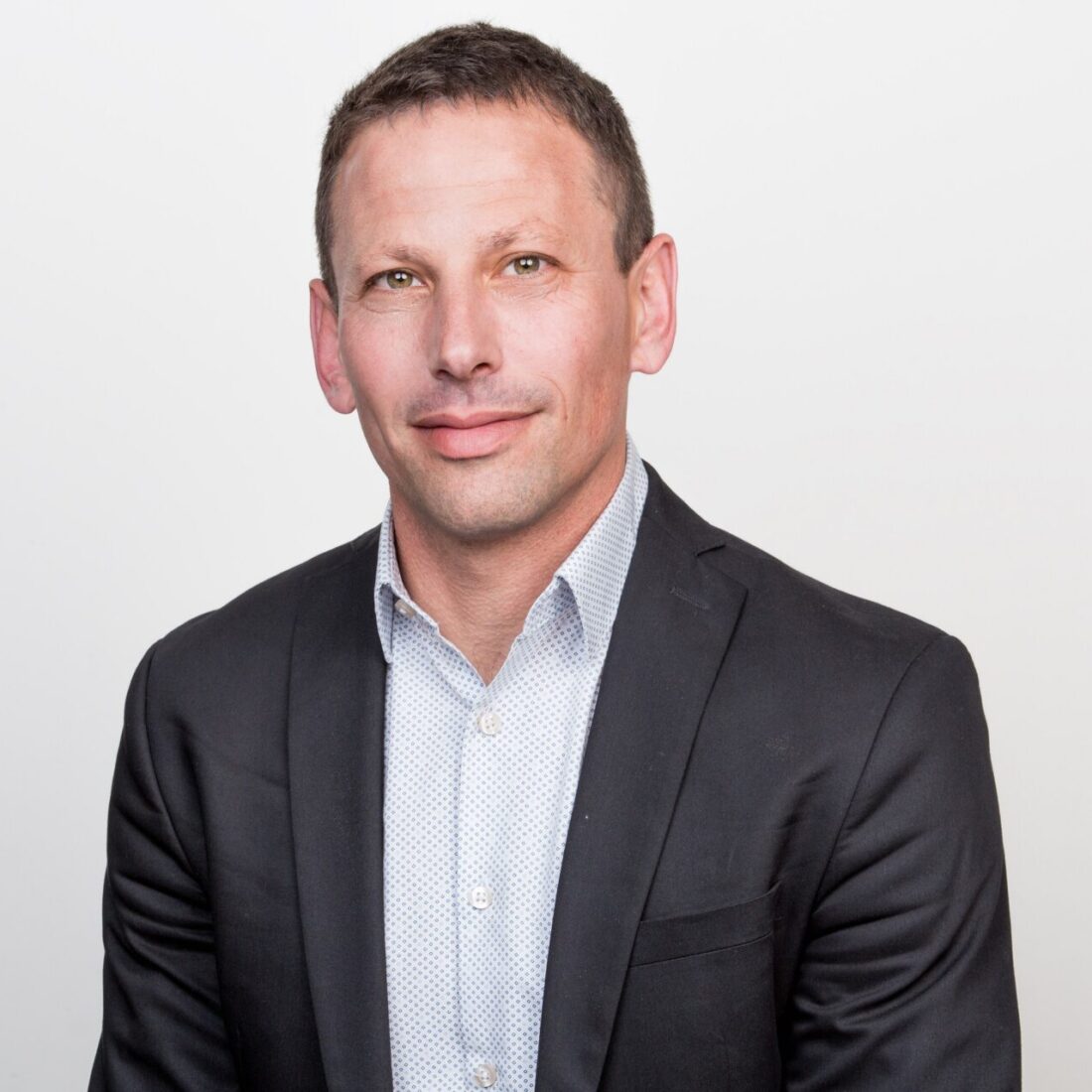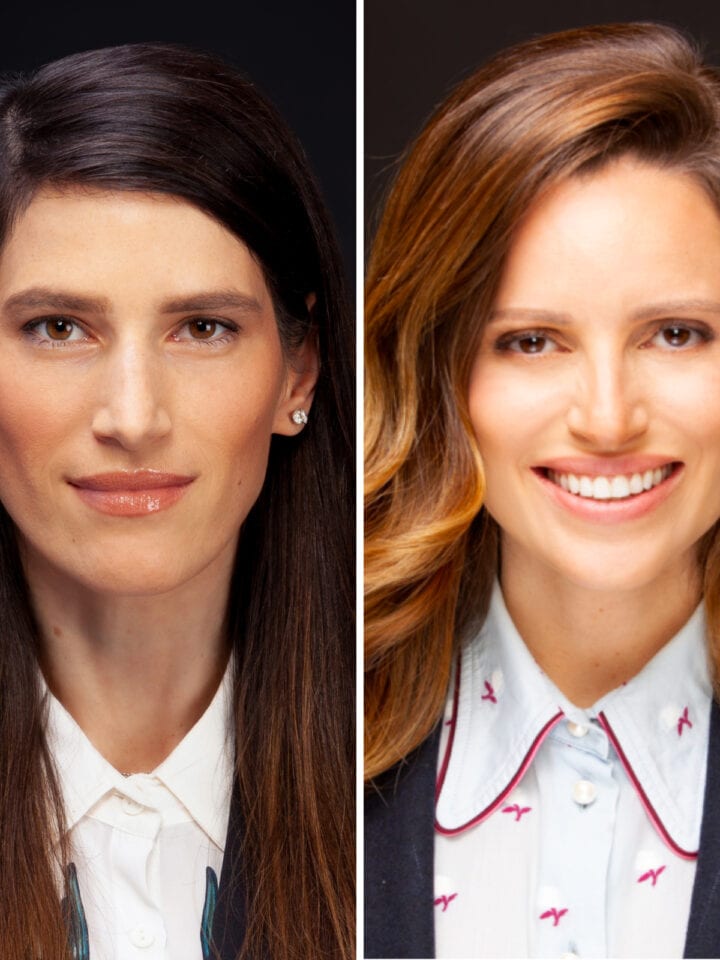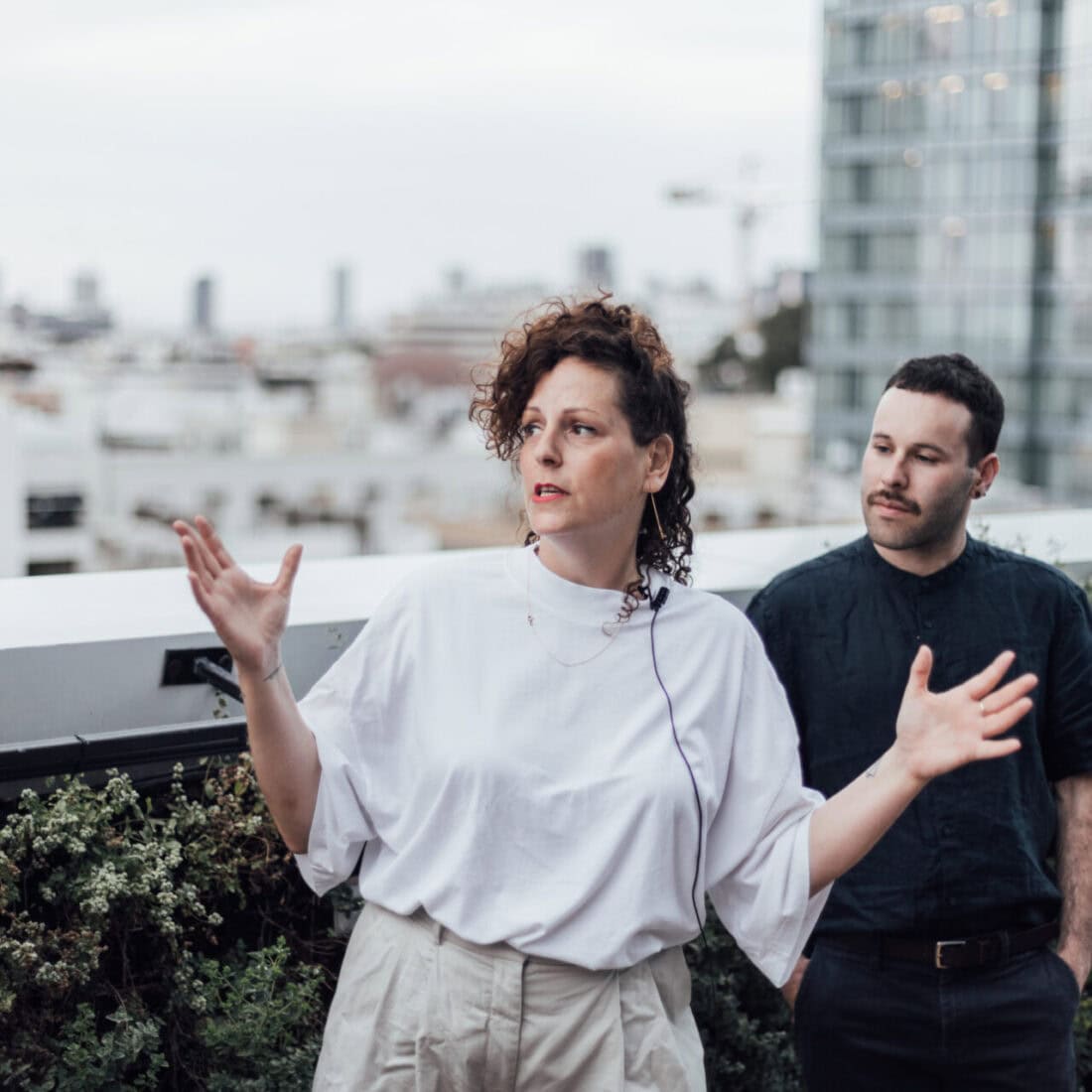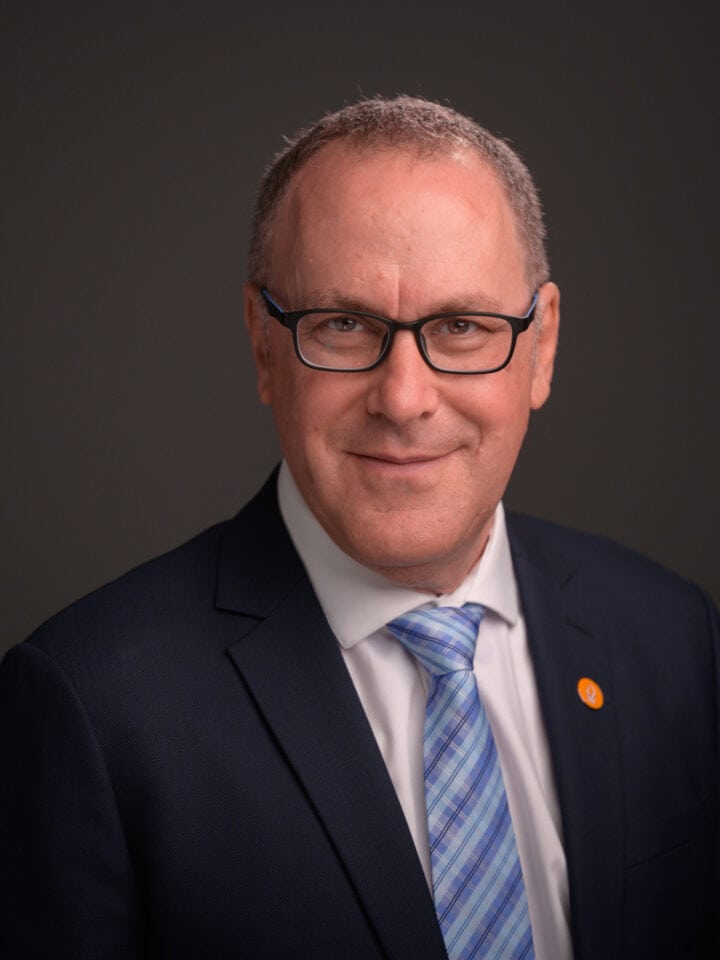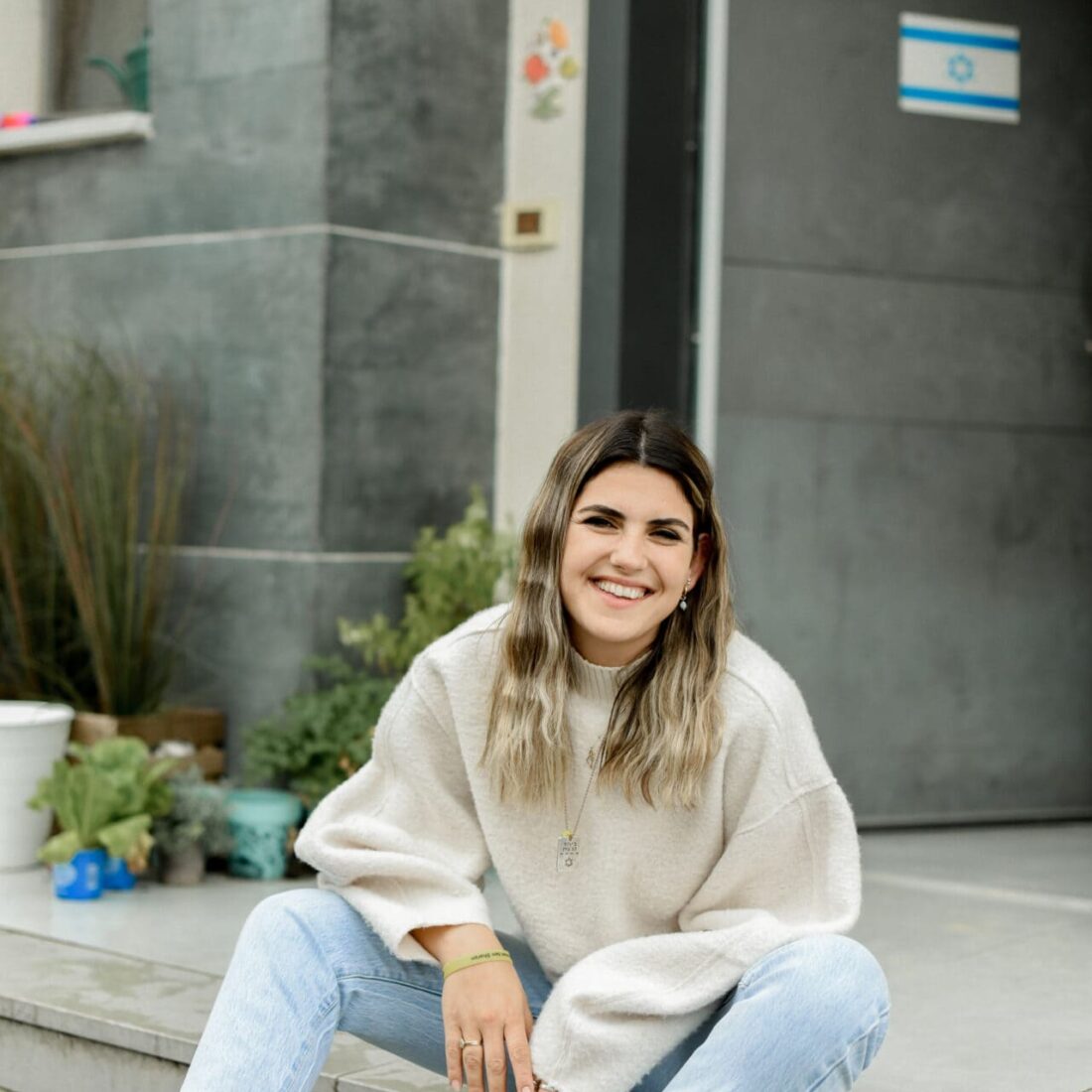On the morning of October 7th, I was at the airport in Rome waiting for a flight back to Israel. Even before it was clear what exactly was happening, I spoke with the president of the Fondation Giacometti in Paris, as we were showing an exhibition of works by Alberto Giacometti from their collection at the recently renewed Eyal Ofer Pavilion of the Tel Aviv Museum of Art.
I requested to move the sculptures to a protected space, following war protocols. When I landed at noon, 220 works of art included in the exhibition were packed in the museum’s warehouse, deep underground. A few days later they were on their way to Paris, when a flight was found that could accommodate the armored boxes.
Due to the situation we had to ignore normal procedures, which would have required a week of work by the museum’s staff together with a representative of the foundation who approves every step.
In the face of ongoing challenges and uncertainty, our museum has worked admirably towards resuming full operations.
However, the notion of “normality” remains elusive. The poignant presence of “Hostages Square” at our doorstep serves as an ever-present reminder of our collective sorrow and pain, yet it also reflects the resilient hope that defines our community.
This influence permeated our perspective, exhibition programming and educational initiatives. The exhibitions on show achieved new meaning and new exhibitions were curated in response to the situation.
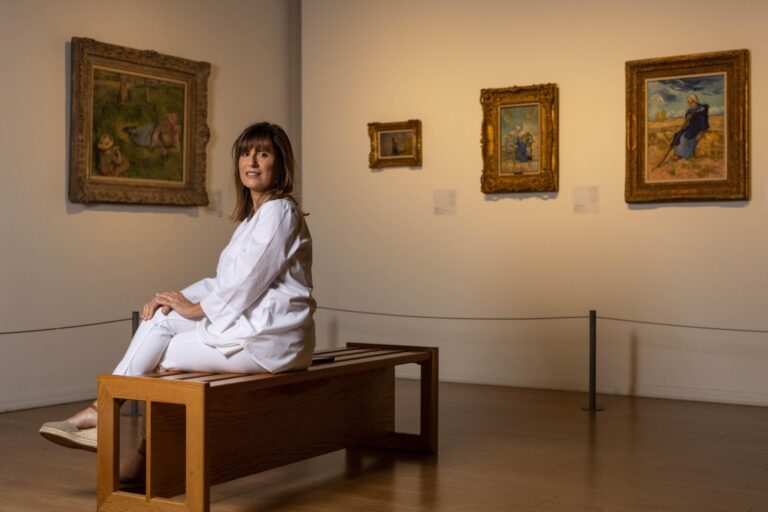
The Tel Aviv Museum of Art, committed to its core mission of education, proudly joined the national effort to provide solace, respite and support. TAMA has created a safe haven for the processing of trauma, utilizing observation, discussion and the therapeutic power of art as essential tools.
The museum’s unique strengths lie in its diverse exhibitions, state-of-the-art facilities, and the expertise of its dedicated docents. Supervised by qualified art therapists, museum-guided visits and art workshops are employed as effective therapeutic methods and a visit to the museum is transformed into a profoundly meaningful experience.
We have promoted activities that have turned the museum into a healing space for diverse communities in collaboration with the Civil Operations Room, Bar-Kayma for Culture, Art, Music and Peace and Not Alone clinics.
“We have promoted activities that have turned the museum into a healing space for diverse communities.”
Our initiatives cater to victims, survivors, their families, caregivers and the wider public. Each project is designed to provide a tailored experience, with subsidized options available to ensure accessibility for all.
In these challenging times, TAMA stands as a beacon of healing, fostering a sense of unity, empathy and resilience through the therapeutic power of art.
During the last three years, we have been working towards making TAMA accessible to the Arab public, with the support of the Beracha Foundation. TAMA devised a strategic plan to develop tailored educational programs, train Arab-speaking educators and include Arabic in its communications strategy.
In view of the situation, we have requested additional funds and decided to increase our efforts to include the Arab population, which is under so much stress, in an attempt to help repair the fabric of our society.
We are firm believers in the transformative power of art, recognizing it as a source of healing, solace and strength in times of adversity. This conviction motivates our unwavering commitment to our initiatives.
I personally find inspiration and hope in Israeli society, which has formidably risen to face the challenges, volunteering and struggling in unity and solidarity.
The challenges since October 7th have been many: We had to swiftly adapt our exhibition programming; deal with an international art community that is extremely hostile toward Israel; and overcome difficulties with international loans and project collaborations.
We hope for the immediate release of the hostages and an end to the war that will hopefully bring a new era of collaboration with moderate countries in the region.
I wish that a new society will emerge — more liberal, cohesive and inclusive.





